Connect with heat health experts from around the world. Our global network includes experts from a variety of disciplines that support our vision and mission by sharing their work and knowledge on managing heat risks. Explore our directory to connect with experts available for collaboration. Tool tip Learn more about our Network
Results found: 48
of 4
- Languages: English, Hindi, Telugu
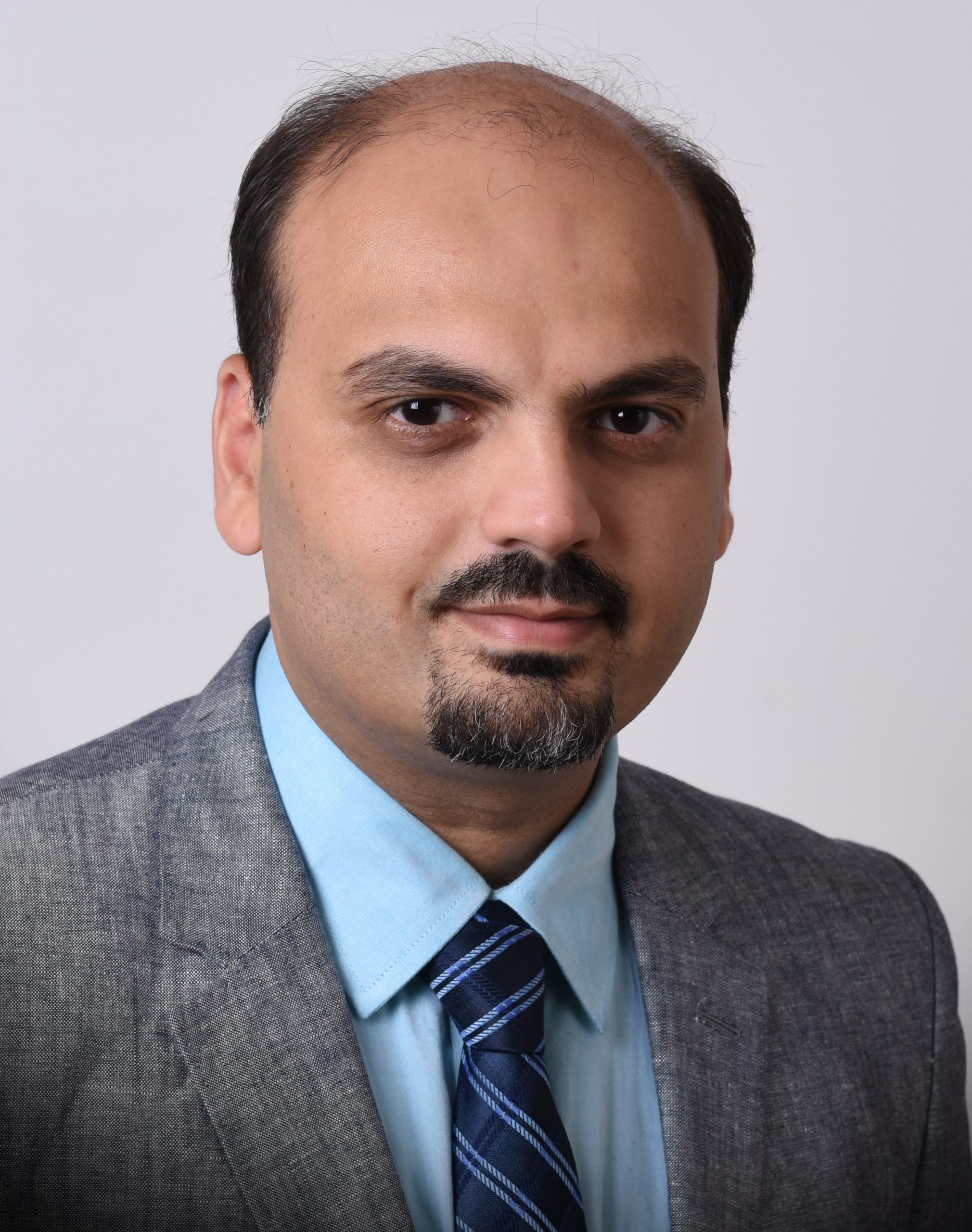
Aalok Khandekar
Indian Institute of Technology
Aalok Khandekar is Assistant Professor of Anthropology/Sociology at the Department of Liberal Arts and the Department of Climate Change at the Indian Institute of Technology Hyderabad. Khandekar’s research focuses on understanding and developing collaborative infrastructures—the (often collaboratively built) socio-technical systems undergirding contemporary lifeworlds that allow a variety of differently situated social actors to come together to address complex issues.
His recent research has focused on issues of urban environmental governance, focusing on air quality, and more recently, as part of the Cool Infrastructures project, on how vulnerable groups in the global urban south experience and manage rising temperatures. As part of this research, Khandekar also participates in the development of open data infrastructures to help build capacity for addressing complex conditions that characterize our worlds today. Khandekar is the incoming editor-in-chief of Engaging Science, Technology, and Society, the Open Access journal of the Society for Social Studies of Science.

Abhiyant Tiwari
NRDC India
Abhiyant Tiwari is the lead climate resilience and health consultant at NRDC India. His interest includes environmental, climate, and disaster risks to public health, and he works to advance evidence-based adaptation and mitigation policies and actions in these areas of interest. He has extensive experience in working with academia, governments, and non profits on public health research, program, policy development, management, and evaluation.
Right from the development and implementation of the first Heat Action Plan(HAP) of South Asia in the city of Ahmedabad in 2013, as a public health researcher and practitioner at the Public Health Foundation of India, Abhiyant has worked with knowledge partners like Natural Resources Defense Council and policy partners like national and sub-national governments on developing, implementing, and scaling heatwave health adaptation plans in South Asia region. In 2019, he led a preliminary study for the National Disaster Management Authority of India to estimate local temperature thresholds for heatwave warning systems in more than 100 cities in India. Abhiyant has also played a pivotal role in developing the pioneering Ahmedabad AIR (Air Information & Response) Plan for air pollution health risk communication in Indian cities. During challenging times of the COVID-19 Pandemic, in his recent role as Assistant Professor at Gujarat Institute of Disaster Management, Gandhinagar, Abhiyant conceptualized, developed, and implemented a Mobile App-based technological solution for effective and real-time surveillance of COVID-19 cases in several districts of Gujarat.
He is a member of the National Disaster Management Authority of India’s technical experts’ group that develops national guidelines for heatwave adaptation plans and a member of the Technical Expert Group on Heat-Related Illnesses constituted by the National Centre for Disease Control, Government of India. He is also a member of the Management Committee of Global Heat Health Information Network: a WHO-WMO Joint Initiative, Regional Technical Working Group for Safe and Disaster Resilient Hospitals in PEER South Asia, Indian Meteorological Society, and a fellow of LEAD India, and Climate Reality. He is trained as a Master of Public Health with a specialization in Environmental Health Sciences from Harvard T.H. Chan School of Public Health.
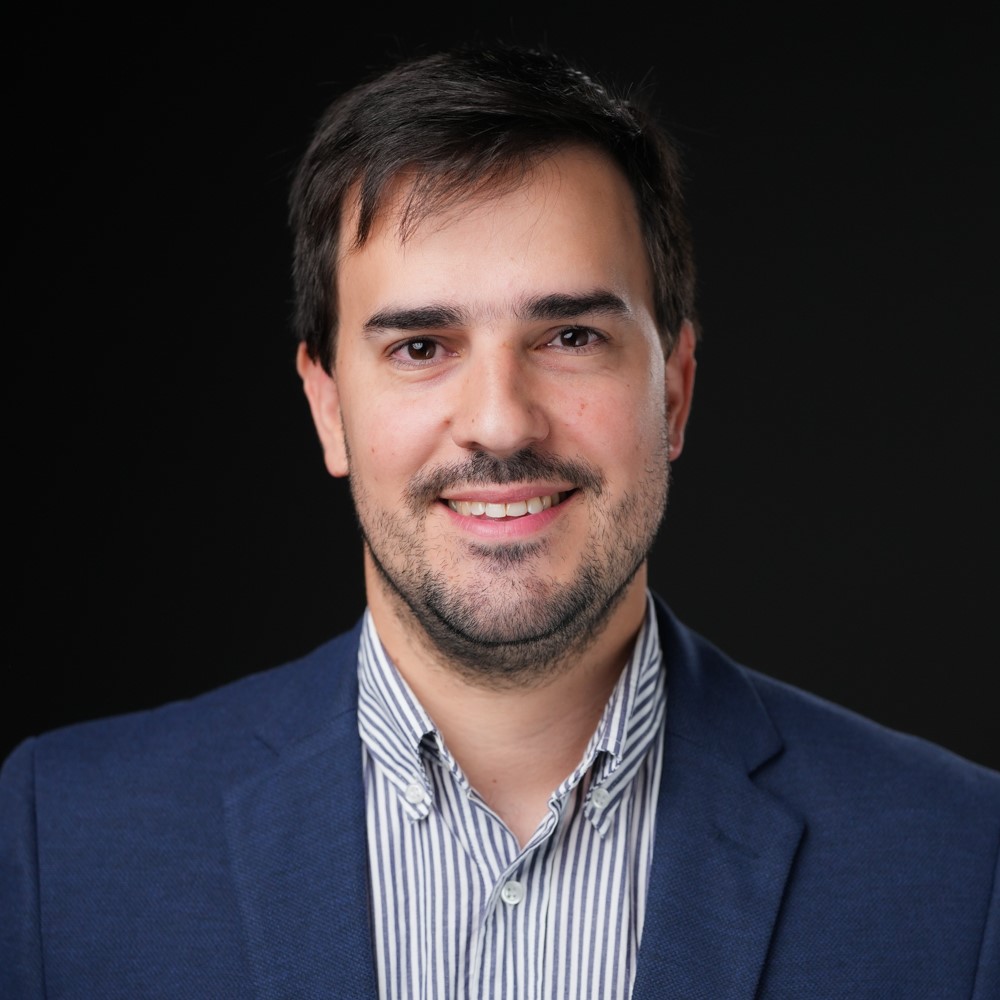
Alejandro Saez Reale
WMO - WHO Joint Office for Climate and Health
Alejandro Saez Reale coordinates the GHHIN Network and leads the Technical Support Unit based at the World Meteorological Organization in Geneva Switzerland. He is a specialist in climate action and urban planning, with experience in project design and management with international organizations such as the Inter-American Development Bank and the United Nations Environment Program. Trained as an engineer, he completed two master’s degrees, one in Public Policy and the other in City Planning, where he researched urban heat islands, heat waves and their impact on cities. He then received a Policy Fellowship from the European University Institute where he continued his research on urban heat.
He has more than 10 years of work experience, mainly in evidence generation and project design and leadership in articulation with local governments. His last position was as Senior Coordinator of the Cities Program at CIPPEC, a Think Tank based in Buenos Aires, where he led projects on sustainable urban development, climate action, climate adaptation with special focus on extreme heat and metropolitan and multi-stakeholder coordination.
Alejandro Saez Reale es un especialista en acción climática y planificación urbana, cuenta con experiencia en diseño y gestión de proyectos con organizaciónes internacionales como Banco Interamericano de Desarrollo y el Programa de Naciones Unidas para el Medio Ambiente. Se formó como Ingeniero, realizó dos maestrías, una en Políticas Públicas y otra en Planificación de Ciudades, donde investigó sobre islas urbanas de calor, olas de calor y su impacto en las ciudades. Luego recibió una Policy Fellowship del Instituto Universitario Europeo gracias a la cual continuó investigando sobre calor urbano.
Tiene más de 10 años de experiencia laboral, principalmente en generación de evidencia y diseño y liderazgo de proyectos en articulación con con gobiernos locales. Su último puesto fue de Coordinador Senior del Programa de Ciudades en CIPPEC, un Think Tank con sede en Buenos Aires, donde lideré proyectos sobre desarrollo urbano sostenible, acción por el clima, adaptación al clima con especial foco en calor extremo y coordinación metropolitana y multi-actoral.
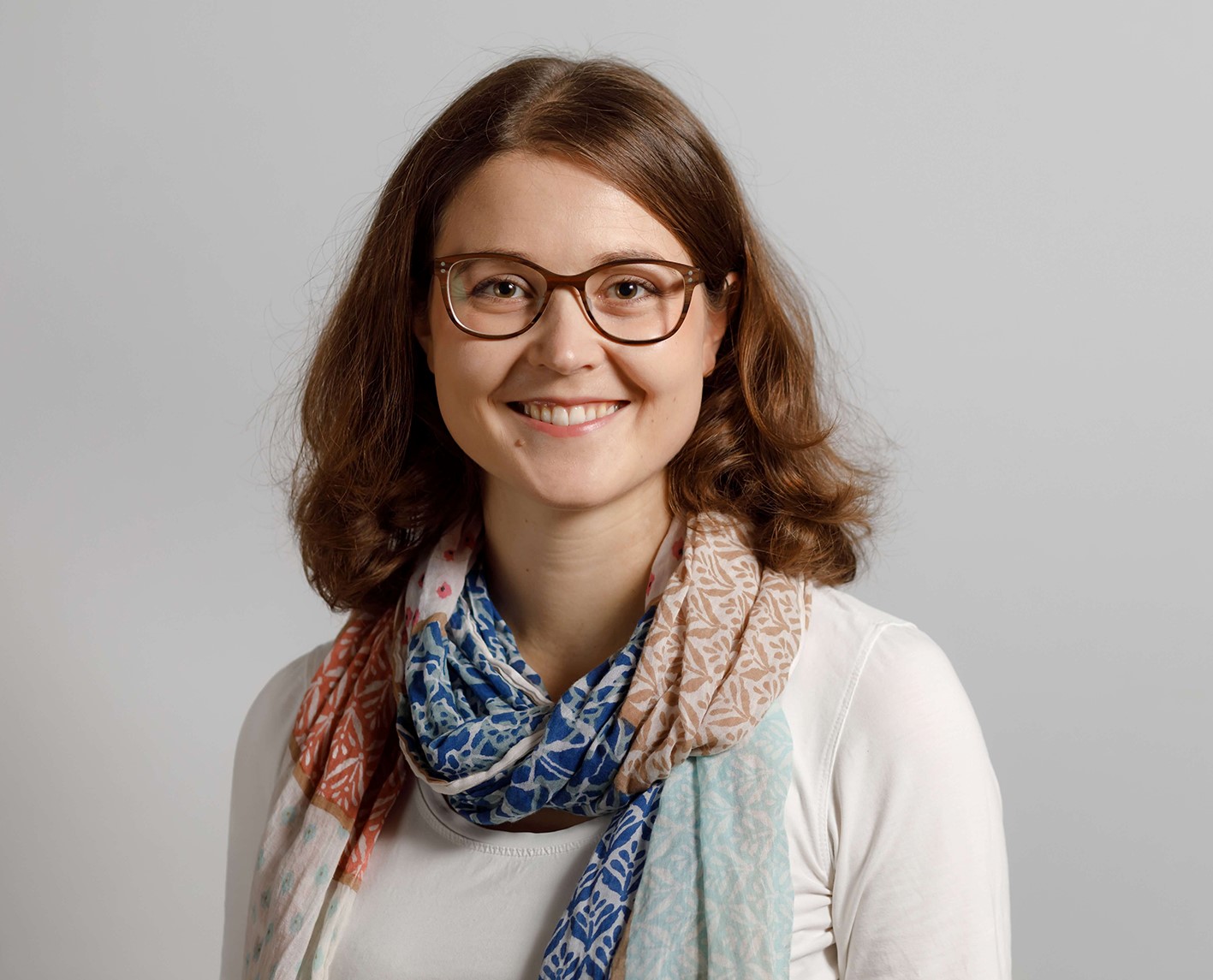
Alina Herrmann, M.D.
Heidelberg Institute for Global Health
Alina Herrmann is a medical doctor, who is particularly interested in the role of health professionals at the crosslink of climate change and health. In her doctoral thesis she investigated general practitioners’ role in protecting elderly in heat waves. She was involved in developing feasible guidelines for heat health action plans in Germany. Due to her expertise in heat health, she has also been invited as a consultant by the WHO Europe as well as several national stakeholder like the German Ministry of Health, the federal state of Baden-Württemberg and Saxony and the city of Cologne.
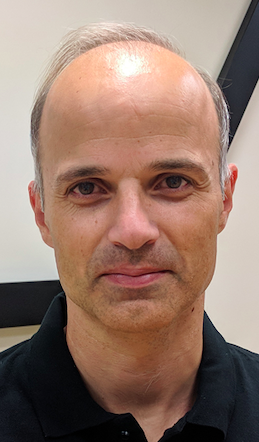
Andreas Flouris
University of Thessaly
Andreas Flouris is an Associate Professor at the University of Thessaly, in Greece, and an Adjunct Professor at the University of Ottawa, Canada. He is the Founder and Director of FAME Lab [(F)unctional (A)rchitecture of (M)ammals in their (E)nvironment], a research unit of 16 full-time researchers investigating the health and performance effects of environmental factors, with a particular focus on the impacts of heat. Dr. Flouris is a Coordinator or Partner in a series of large international projects in Europe and North America and he has published widely on the effects of different environmental factors on human health, productivity, and performance. He is currently participating in several Working Groups tasked to develop prevention measures to reduce the impacts of environmental factors for workers, athletes, and the general population, including the World Health Organization, the International Labour Organization, and the Greek Ministry of Labour.
Documentary Case Study: Heatwaves and The City (WMO, 2023)

Andreas Matzarakis
Research Centre Human Biometeorology, German Meteorological Service, Freiburg
Prof. Dr. Andreas Matzarakis is leading since August 2015 the Research Center Human Biometeorology of the German Meteorological Service in Freiburg and responsible for the Heat Health Warning System in Germany. Appointed as extraordinary Professor at the University of Freiburg since October 2006. He received a degree in Meteorology in 1989 from the Physics Department, Ludwig-Maximilians-University of Munich in 1989 and a Ph.D. degree in Meteorology and Climatology from the Aristotle University of Thessaloniki. From 1995 to 2001 he was a scientific assistant at Meteorological Institute of the Albert-Ludwigs University of Freiburg and earned his habilitation about the “thermal component of the urban climate” in 2001. He is appointed to Professor at the University of Freiburg in October 2006. His research is mainly focused on urban climatology, human-biometeorology, tourism climatology and climate impact research. Several models and tools in applied climatology and biometeorology i.e. RayMan Model, SkyHelios Model and CTIS (Climate-Tourism/Transfer-Information-Scheme) have been developed by him.
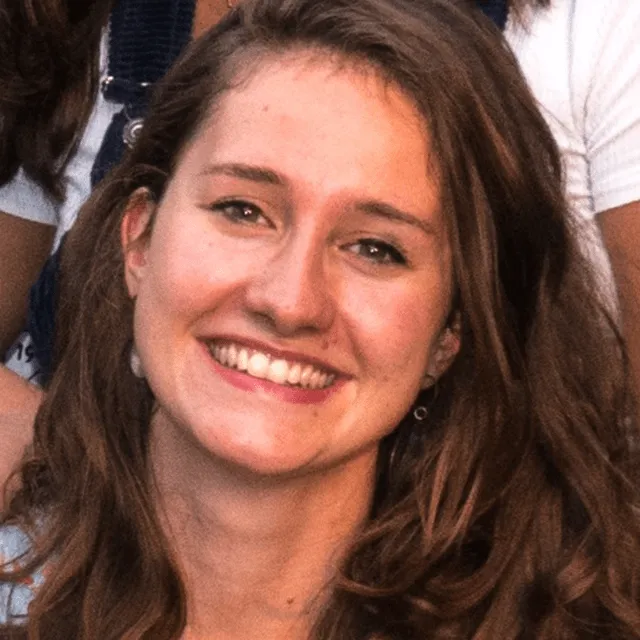
Anouk Roeling
City of The Hague
Anouk Roeling (MSc) is a Resilience Officer for the City of The Hague, The Netherlands, focusing on strengthening communities in their efforts to become more (climate) resilient.

Ariane Middel
Arizona State University
Ariane Middel is an Assistant Professor in the School of Arts, Media and Engineering at Arizona State University. Her research interests lie in the interdisciplinary field of urban climate with focus on climate-sensitive urban infrastructure in the face of extreme heat and climatic uncertainty. She directs the SHaDE Lab, which explores the “hot” topic in three dimensions: heat as it can be sensed by instruments; heat as it is experienced by humans; and heat as it can be modelled using microclimate simulations. She currently serves on the Executive Board of the International Association of Urban Climate (IAUC) and is a Board member of the American Meteorological Society (AMS) Built Environment.
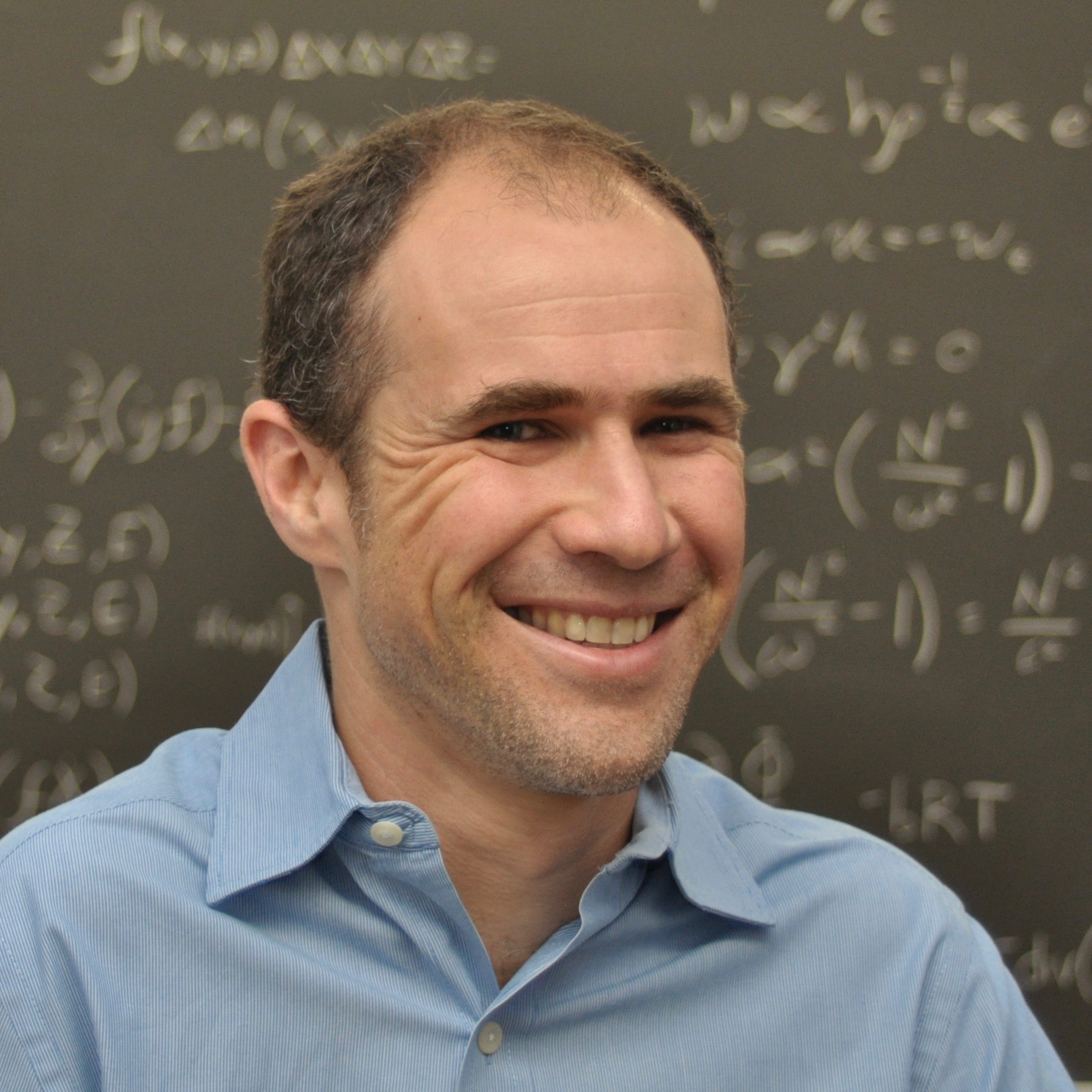
Benjamin Zaitchik
Johns Hopkins University
Benjamin Zaitchik (PhD) is an associate professor in the Johns Hopkins University (JHU) Department of Earth and Planetary Sciences, United States. His research addresses hydroclimatic variability across a range of spatial and temporal scales, including work on heatwaves, the urban heat island, and flash droughts.

Bernd Eggen
Public Health England (PHE)
Bernd Eggen (PhD) worked at both the Met Office and Public Health England on climate change & human health effects & adaptation of the health system; with expertise on temperature effects on health across timescales and Copernicus Climate Change Services (C3S). C3S provides applications to the European and international communities to make their sectors more relilient to climate change, this includes the health sector.

Brenda Jacklitsch
National Institute for Occupational Safety and Health (NIOSH), Centers for Disease Control and Prevention (CDC)
Dr. Brenda Jacklitsch is a research health scientist and occupational heat stress subject matter expert at CDC/NIOSH and serves as Coordinator for the NIOSH Small Business Assistance Program. She was the lead project officer for the NIOSH Criteria for a Recommended Standard: Occupational Exposure to Heat and Hot Environments and was involved in the redesign and update of the OSHA-NIOSH Heat Safety Tool app, which calculates the heat index and provides recommendations. In addition, she has developed a variety of educational materials related to heat stress targeting outdoor workers and employers. She is interested in studying how to maximize the utilization and adoption of heat stress prevention products and messaging by better understanding barriers to adoption among outdoor worker populations. Dr. Jacklitsch has a PhD in Health Education from the University of Cincinnati, and an MS in Epidemiology and a BS in Biomedical Science from Texas A&M University.

Calvin Lee Kwan
Link REIT
Calvin Lee Kwan is a passionate believer in using creativity and innovation to advance corporate sustainability in today’s world of high urban density and smart city living. With a D.Env from UCLA and a MBA from the Kellogg School of Management at Northwestern, he possesses a strong foundation in understanding the integrated nature of society, the environment and the challenges of operating a business within their context. He has worked for Link REIT since 2012, in the capacity of General Manager, Corporate Development and Strategy. He is a committee member of United Nations Environment Programme Finance Initiative’s Investment Committee, co-chair and Asia Pacific representative of the Property Working Group and is a member of the Benchmark Committee of the Global Real Estate Sustainability Benchmark.

Caradee Wright
South African Medical Research Council
Caradee Wright (PhD in Preventive and Social Medicine) is a Chief Specialist Scientist at the South African Medical Research Council leading the Climate and Health Research Programme. She is also an Adjunct Professor at the University of Pretoria and the University of Johannesburg. Her research is in environmental health epidemiology to understand climate change and air pollution impacts on human health and well-being to inform interventions and policy development in Africa. Her research fields also include solar ultraviolet radiation dosimetry and skin cancer prevention. Dr Wright has published more than 150 research articles in peer-reviewed accredited journals. Dr Wright was a Committee member of the World Health Organization Air Quality Guidelines Committee, an Intergovernmental Panel on Climate Change Assessment Report 6 Africa Chapter Author, a Chapter Lead Author of the United Nations Environment Program (UNEP) / Stockholm Environment Institute African Assessment on Climate Change and Human Health and an author of several recently published UNEP reports. Dr Wright is currently Technical Advisor to the World Health Organization (Air Quality, Ethics), the International Livestock Research Institute (One Health), and the Health Effects Institute (Global Health Oversight Committee); and a Review Lead for the National Institute of Health (NIH) / Nature Collection on Data Science for Health in Africa (Environmental Health / Climate Change). Dr Wright was recently named as one of the 2024 NIH Climate and Health Scholars and is working with the Fogarty International Centre.

Carolina Cerrudo
NMS Argentina
Carolina is a meteorologist from the University of Buenos Aires who also has many years of experience in science popularization and communication of science to different audiences. This lead her to study a social science post-degree in Public Communication of Science and Technology. Carolina is currently working at the National Meteorological Service of Argentina, in the Services and Applications area. Since 2014 she has been working on a Weekly Overlook of High Impact Weather Events report, and this experience let her work with other WMO members in the Impact-Based Forecast (IBF) and Warnings Expert Team. She is currently working on laying the foundations for future IBF implementation, in the context of the National Meteorology Services strategic plan.
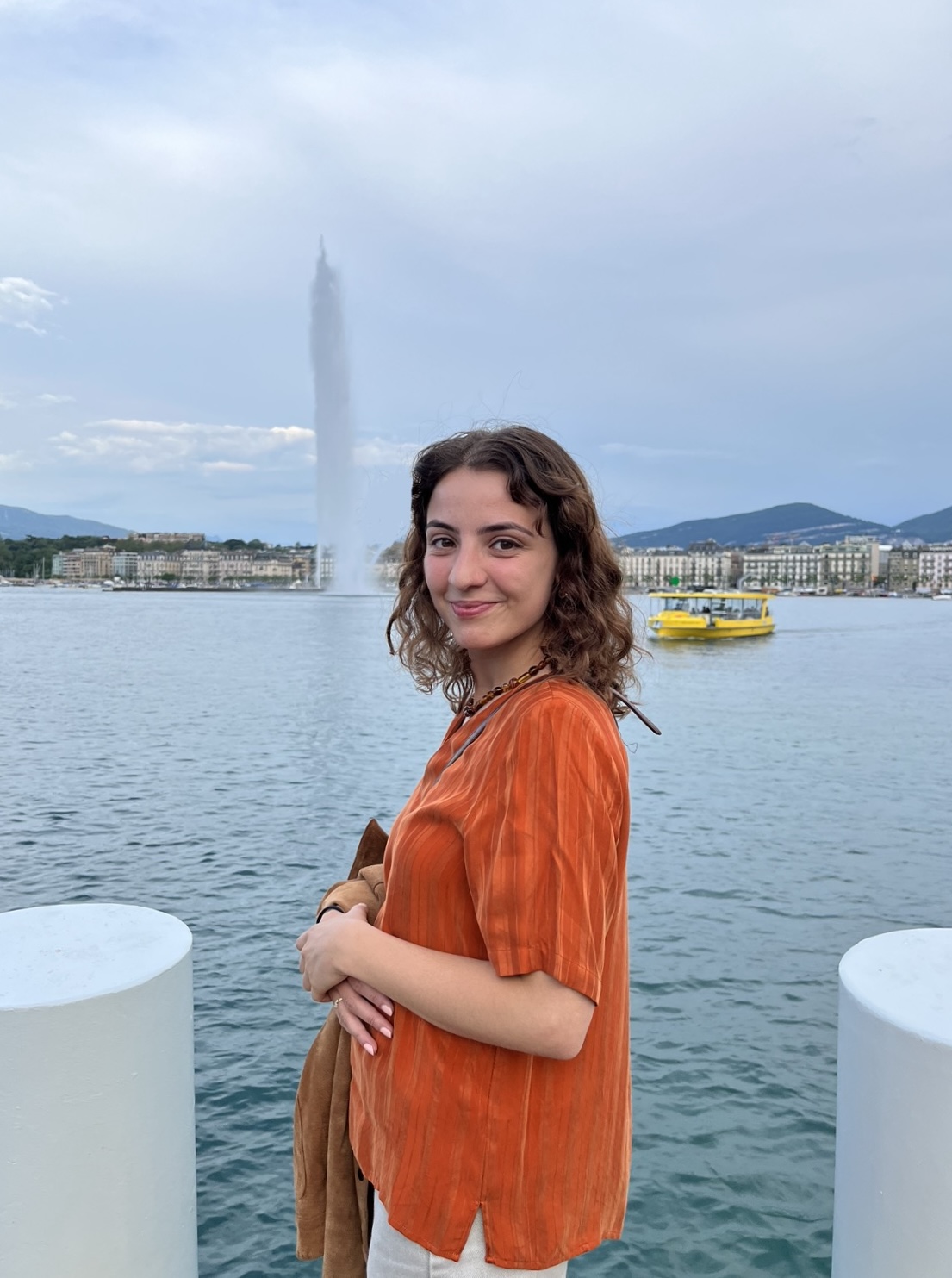
Carolina Pereira Marghidan
KNMI / University of Twente
Carolina Pereira Marghidan is a PhD Researcher at the Royal Dutch Meteorological Institute (KNMI) and University of Twente, and holds a part-time position at the Red Cross Red Crescent Climate Centre. Her research focusses on advancing heatwave early warning systems, including the development of (impact-based) thresholds to enable timely and effective early action across sectors, both in the Netherlands and internationally. She has also contributed to research on heat-health risks in Mozambique, heat risk perceptions, and extreme event attribution. Having experience collaborating with meteorological services, health authorities, and humanitarian agencies, her interdisciplinary approach bridges meteorology, health, and disaster risk management required to address the growing challenges of extreme heat in a changing climate. Carolina holds a BSc in Liberal Arts & Science from Amsterdam University College, and a MSc Spatial Engineering from the University of Twente, Faculty of Geo-Information and Earth Observation (ITC).
Languages: English, Dutch, Portuguese

Chao REN
The University of Hong Kong
Dr. Chao Ren is a Professor in the Faculty of Architecture at the University of Hong Kong. She specializes in applied climatology and climate responsive design, especially urban heat island effect and heat-health impact assessment. She has published widely in highly ranked journals and peer-reviewed conferences, focusing primarily on examining the relationship between urban climate and urban morphological characteristics, developing an urban climatic mapping system, and analysing urbanization-induced human thermal comfort and public health risk impacts for high-density/compact cities. Chao’s multi-dimensional, cross-disciplinary research has transferred scientific data into new knowledge to address social needs, enhance policy-making and support evidence-based designs in China, Taiwan, Singapore, The Netherlands and France since 2006. Chao is a Co-Chief Editor for Urban Climate and a member of the Urban Climate Expert Team and the Study Group on Greenhouse Gas Monitoring of the World Meteorology Organization. She also serves as the Strengthen Emergency Preparedness and Response Strategic Committee member of the Hong Kong Red Cross. She has also been elected as a Board Member of the International Association for Urban Climate (2017-2021). She has been involved in several international collaborative research reports, including the IPCC AR6 (Contributing Author of Chapter 6 Cities, Settlements and Key Infrastructure), Climate Change and Cities ARC3.3 (Lead Author of Chapter 2), the China report of the Lancet Countdown on Health and Climate Change (Lead Author of WGII) and the 7th Global Environment Outlook (GEO-7) (Lead Author of Chapter 2) of UN Environment Programme.
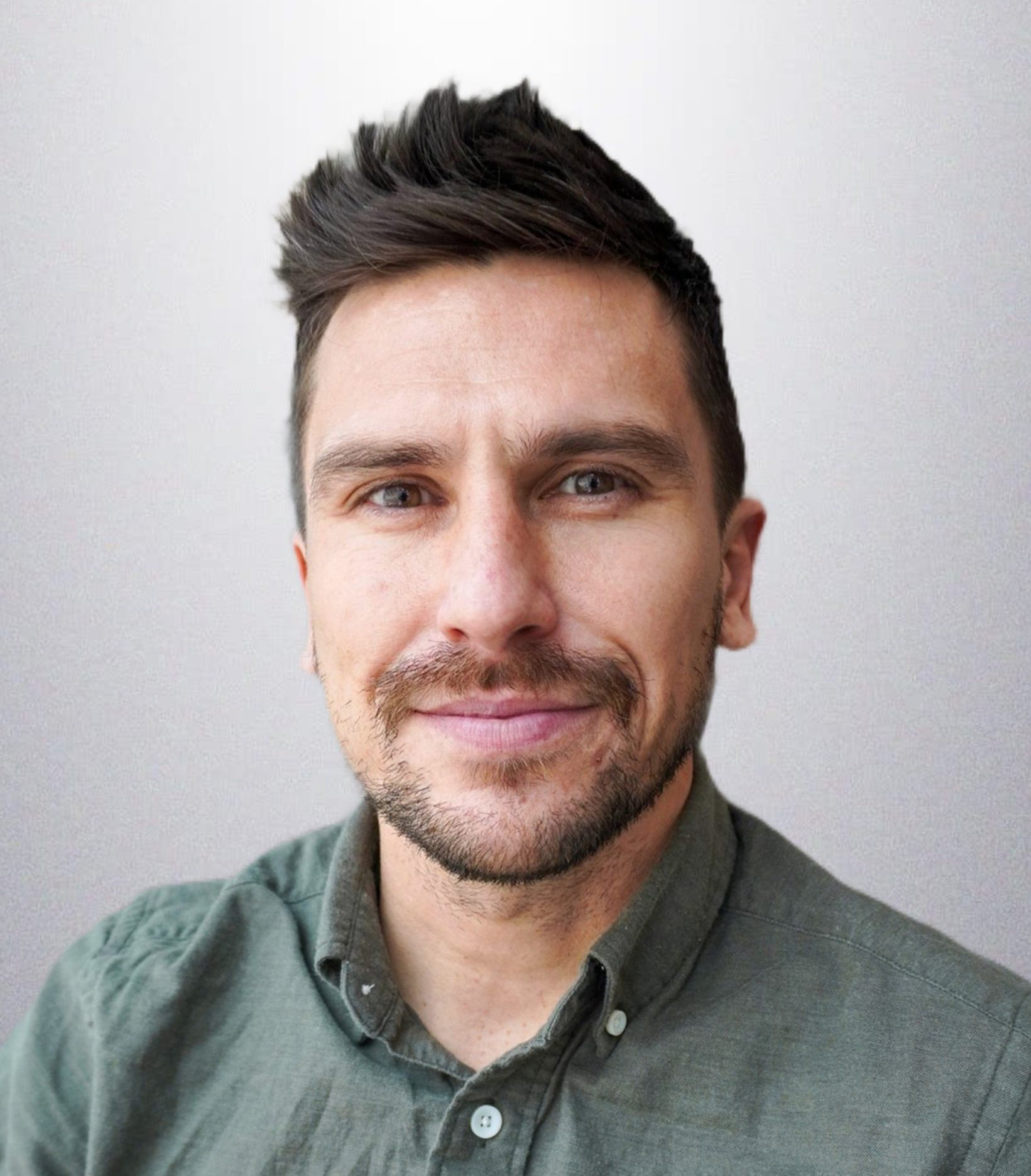
Christopher Boyer
University of Washington
Christopher Boyer is a researcher at Center for Health and the Global Environment (CHanGE) and PhD student in the Department of Environmental and Occupational Health at the University of Washington, where he focuses on the health impacts of and adaptation to climate variability and change. With GHHIN he will support coordination and communication activities and is excited for the opportunity to engage with GHHIN members and support capacity and resilience building actions. In particular, he looks forward to exploring the monitoring and evaluation of adaptation interventions, such as Heat Action Plans and early-warning systems, to build resilient health systems. He has extensive experience in low-resource settings collaborating with governments and stakeholders to better understand and develop plans to address climate-related health risks. He has also worked as a consultant with the World Health Organization to support member states in Southeast Asia and the Pacific in building climate-resilient health systems. He also served as a Peace Corps volunteer in Zambia (2011-2014). Chris earned his Master of Public Health with a concentration in global health from the University of Washington in 2017.

Claudia Di Napoli
University of Reading
Claudia Di Napoli (PhD) is a research fellow in Climate and Health at the University of Reading, UK. Physicist by training, Claudia’s research interests focus on past and future trends of meteorological extremes and the impacts these may have on human wellbeing. Her primary expertise is on the climatology and forecasting of heatwaves as weather-related health hazards. She is the leading author of ERA5-HEAT, the first complete historical reconstruction for a set of biometeorological indices representing human thermal stress in outdoor conditions.
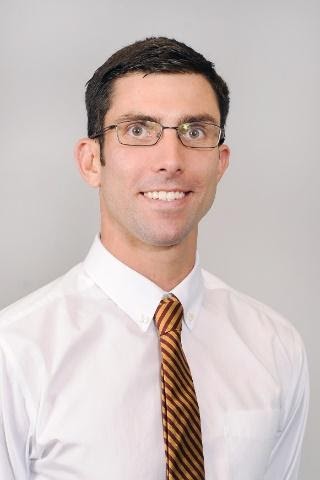
David Hondula
Arizona State University
David Hondula is an Associate Professor of Geographical Sciences and Urban Planning at Arizona State University and volunteer faculty affiliate of the Maricopa County Department of Public Health. His research focuses on the social and health effects of natural and technological hazards, with an emphasis on extreme heat and power failures. He works closely with local, regional, and state authorities on the development and implementation of plans and programs to make communities safer and more resilient to extreme events. Hondula received his undergraduate and graduate degrees in Environmental Sciences at the University of Virginia, and has additional training from Queensland University of Technology, Australia, and Umea University, Sweden. He is an editorial board member for Environmental Health Perspectives and serves as a board member for the American Meteorological Society’s Board on Environment and Health.
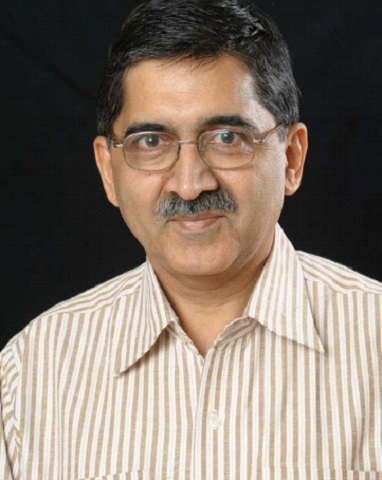
Dileep Mavalankar
Indian Institute of Public Health Gandhinagar
Prof. Dileep Mavlankar has been heading the Indian Institute of Public Health Gandhinagar as its Director since 2012. Dr. Mavalankar received an MBBS and MD in Preventive and Social Medicine from Gujarat University in Ahmedabad, and MPH and Dr. P.H from the Johns Hopkins School of Hygiene and Public Health, USA. His work experience includes faculty and research positions in NHL Municipal Medical College, Ahmedabad, National Institute of Health in Bethesda, USA, Indian Institute of Management in Ahmedabad, India and Mailman School of Public Health, Columbia University, NY, USA. He has worked as consultant to many agencies including Columbia University, Mother Care Project (USA), the WHO (Geneva, Western Pacific Regional Office), UNICEF (New Delhi), DANIDA, UNDP/World Bank (India), the Aga Khan Foundation, CEDPA etc. Dr. Mavalankar has authored several publications. He has been adviser to key academic and government organizations and NGOs.

Edith de Guzman
Los Angeles Urban Cooling Collaborative and UCLA Institute of the Environment & Sustainability
Edith de Guzman investigates best practices for the sustainable transformation of the Los Angeles region, where her work has included groundbreaking research, demonstration projects, and public planning in areas of urban forestry, heat mitigation, and urban watershed management. Edith co-founded and directs the Los Angeles Urban Cooling Collaborative, a multi-disciplinary, national partnership of universities, nonprofit organizations, community groups and government agencies focused on designing data-driven, inclusive strategies for cooling urban areas using trees and highly-reflective surfaces. She recently finished a stint as Director of Research at Los Angeles-based nonprofit TreePeople, and is currently a PhD student at the UCLA Institute of the Environment & Sustainability. Edith received a master’s in Urban Planning, also from UCLA.
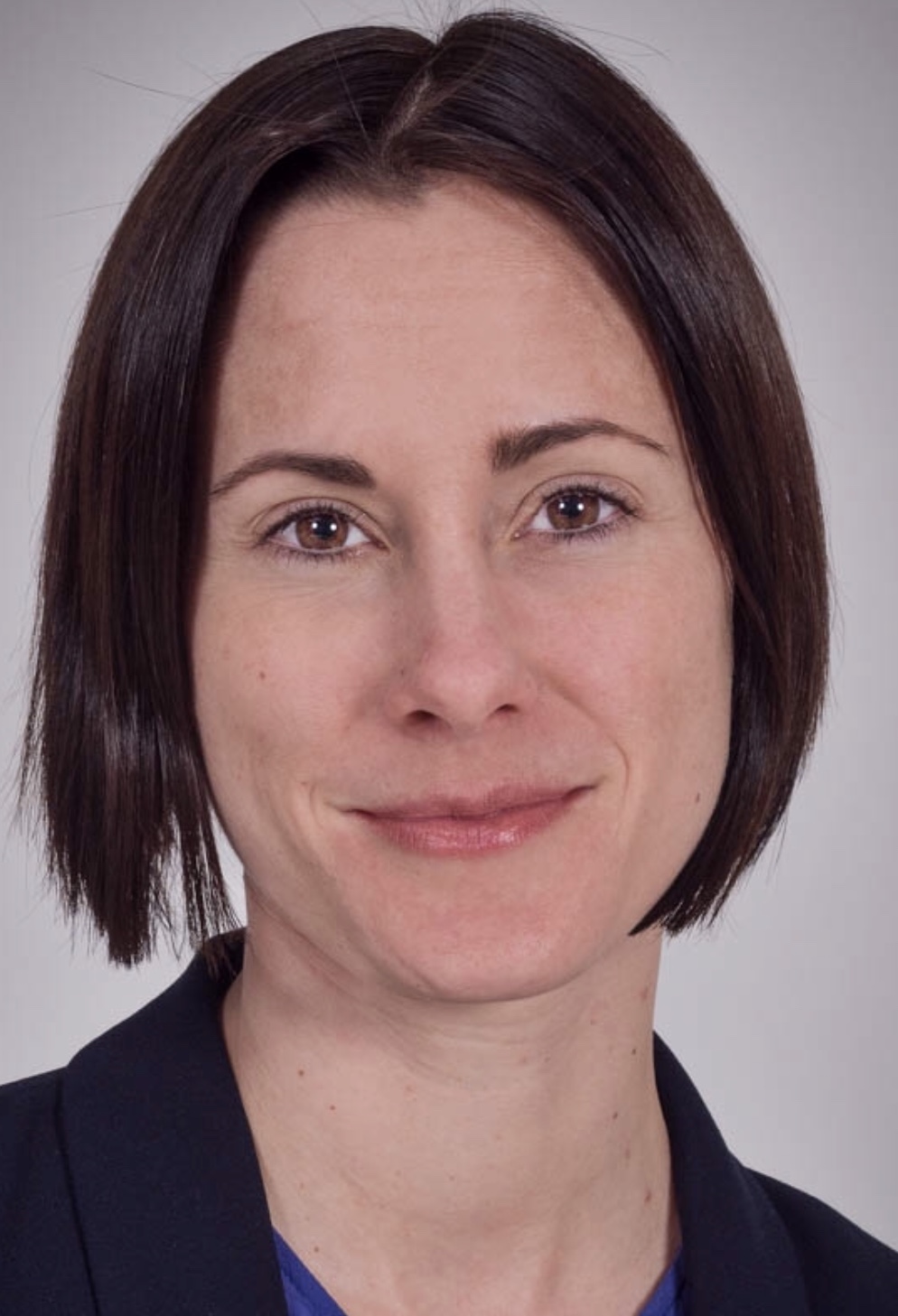
Elspeth Oppermann
Ludwig-Maximilians-Universität München
Elspeth’s research focusses on adaptation to climate change in everyday practices, specifically related to heat. She has worked on a number of projects on occupational heat-health in northern Australia, and currently works on projects focussed on everyday heat management in ‘off-grid’ and informal settlements, including in Pakistan, India and Indonesia. She is also a member of the ICOH Scientific Committee on Thermal Factors and the Global Heat Health Information Network (GHHIN).

Emer O’Connell
Greater London Authority
Emer OConnell is a Consultant in Public Health with expertise in the interface between the environment and population health, particularly in relation to inequalities. In her previous role she ran the Heatwave plan for England and was lead for climate adaptation for Public Health England. In her current role, she provides public health expertise on planning and environment for the London Mayor.

Emily Ying Yang Chan
Chinese University of Hong Kong / CCOUC
Professor Emily Ying Yang Chan serves as Professor and Assistant Dean (Global Engagement) at Faculty of Medicine, The Chinese University of Hong Kong (CUHK). She is Director of the Collaborating Centre for Oxford University and CUHK for Disaster and Medical Humanitarian Response (CCOUC), the Centre for Global Health (CGH), and the Centre of Excellence (ICoE-CCOUC) of Integrated Research on Disaster Risk (IRDR), and Deputy Director of the CUHK Jockey Club Multi-Cancer Prevention Programme. Professor Chan is also Co-chairperson of the WHO Thematic Platform for Health Emergency & Disaster Risk Management (H-EDRM) Research Network and World Health Organization COVID-19 Research Roadmap Social Science working group, and member of the Asia Pacific Science Technology and Academia Advisory Group (APSTAAG) of the United Nations Office for Disaster Risk Reduction (UNDRR), World Meteorological Organization SARS-CoV-2/COVID-19 Task Team, Scientific Working Group (SWG) of World Health Organization Centre for Health Development (WHO Kobe Centre, WKC), Alliance of International Science Organizations on Disaster Risk Reduction (ANSO-DRR) International Steering Committee, and the Third China Committee for Integrated Research on Disaster Risk (IRDR China). She concurrently serves as Visiting Professor (Public Health Medicine) at Oxford University Nuffield Department of Medicine, Honorary Professor at Li Ka Shing Faculty of Medicine, University of Hong Kong, and Fellow at FXB Center, Harvard University.
Her research interests include disaster and humanitarian medicine, climate change and health, global and planetary health, Human Health Security and Health Emergency and Disaster Risk Management (Health-EDRM), remote rural health, implementation and translational science, ethnic minority health, injury and violence epidemiology, and primary care. Awarded the 2007 Nobuo Maeda International Research Award of the American Public Health Association, Professor Chan has published more than 300 international peer-reviewed academic/technical/conference articles.
Professor Chan also had extensive experience as a frontline emergency relief practitioner in the mid-1990s, which spanned across 20 countries. She was awarded Hong Kong Ten Outstanding Young Persons Award in 2004, Caring Physicians of the World Award in 2005, Ten Outstanding Young Persons of the World Award in 2005, Hong Kong Humanity Award in 2007, Leader of the Year Award in 2016, National Geographic Chinese Explorer Award in 2016, UGC Teaching Award in 2017, National Teaching Achievement Award of People’s Republic of China in 2018, and nominee of the biennial United Nations Sasakawa Award for Disaster Risk Reduction in 2019.

Francesca Conway
Francesca Conway is a medical doctor, trained in obstetrics and gynaecology, with further sub-specialty training in maternal fetal medicine and a master’s degree in reproductive and sexual health research. Her main interest lies in understanding the wide range of impacts of heat exposure on the health and well-being of pregnant and postpartum women, and of newborns. Francesca has consulted for WHO, technically supporting the agenda on climate change and maternal and newborn health of the Department of Maternal, Newborn, Child and Adolescent Health and Ageing.
Email: francesca.conway@gmail.com

Francesca de’Donato
Department of Epidemiology Lazio Regional Health Service - ASL ROMA 1
Dr. Francesca de’Donato is based in Rome and has worked in environmental epidemiology studying the health effects of extreme temperatures and climate change on health outcomes with a focus on exposure modelling and the identification of vulnerable groups. Francesca manages the Italian national Heat Health Warning System on behalf of the Ministry of Health and Civil Protection and contributes to the Italian and Lazio regional heat plans.
Recently she has used satellite data to estimate high resolution temperatures to study the differential health effects within urban areas. She is involved in several European projects and has recently acted as Editor of the document “Heat and health in the WHO European Region: updated evidence for effective prevention”.
Francesca holds a Phd in Epidemiology and Biostatistics from Imperial College London; MSc in Epidemiology Università Cattolica, Rome; MSc Applied Meteorology and Climatology and BSc Geography from the University of Birmingham, UK.

Francisco Chesini
Argentina Ministry of Health
Francisco Chesini has a degree in Environmental Health by the Universidad Nacional de Entre Ríos and a post-graduate qualification in sanitary engineering by the Buenos Aires University. He is currently studying for a master’s degree in public health at the same university.
He leads the Reduction of Health Risks Associated with Climate Change National Program in the Argentinian Ministry of Health, and is the focal point of this Ministry on the National Climate Change Cabinet.
Chesini has participated in different research about mortality effects of extreme temperature, and he has contributed to the development of the extreme temperature early warning system of the National Meteorological Service of Argentina.
He is a university teacher on epidemiology at the Universidad Nacional de José C. Paz and is member of the Ibero-American Society for Environmental Health (SIBSA) and the Climate and Health Interdisciplinary Laboratory (LIECS).
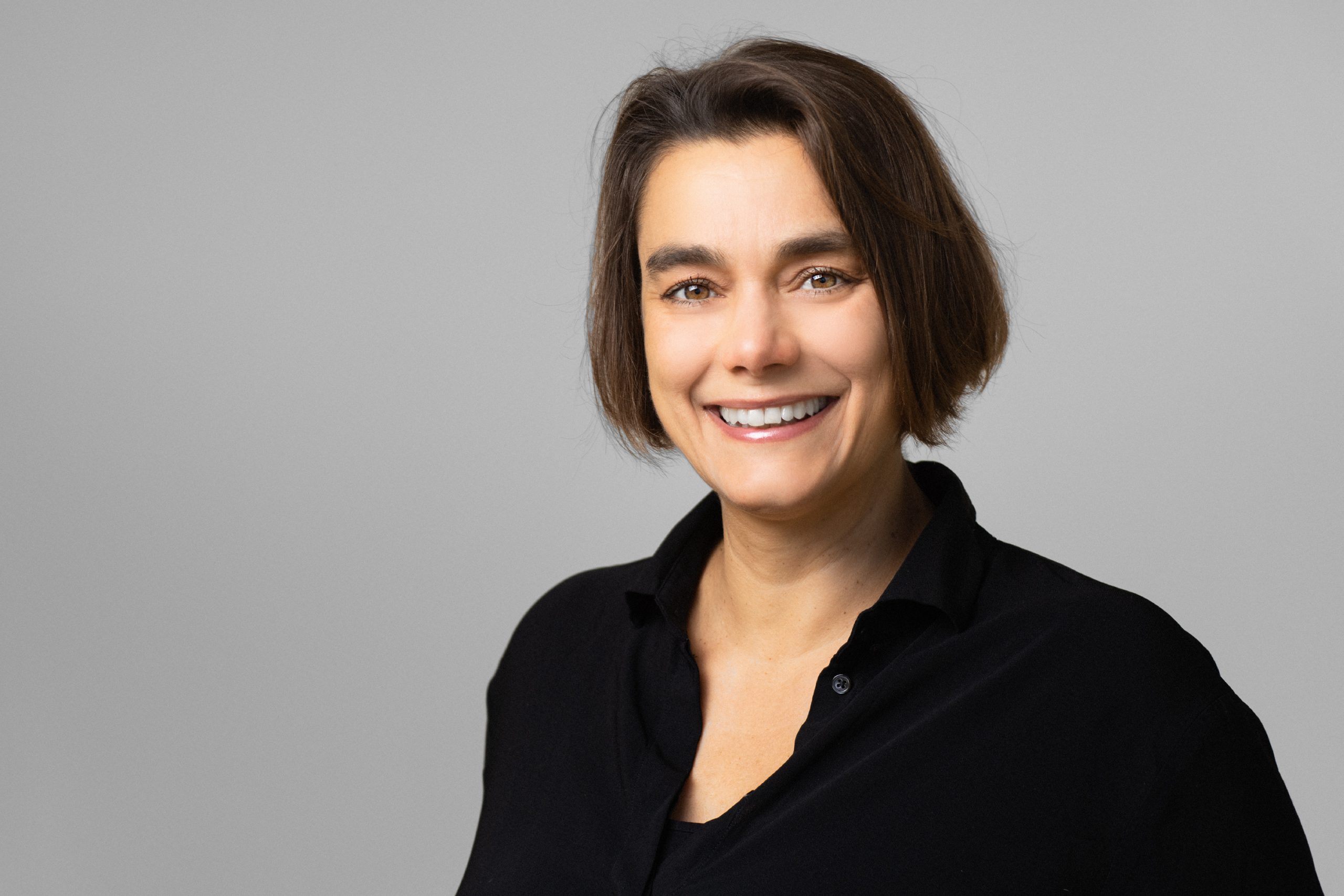
Franziska Matthies-Wiesler
Institute for Epidemiology, Helmholtz Zentrum München
Franziska is a biologist by training and holds a PhD in epidemiology. She has been working on climate change and health for about 20 years, for example with the WHO Regional Office for Europe. Her expertise related to preparedness and response to extreme weather events (such as heat-waves and floods), focusing on the development, assessment and implementation of heat health action plans. She was involved in the EC project EuroHEAT, which developed the guidance for heat health action pans (2008). Currently, she is employed at the Institute for Epidemiology at the Helmholtz Zentrum München, with a broader scope of work in environment and health, including, for example, the UN sustainability goals and the challenges of transformational change. Apart from research she is developing and participating in a range of training and capacity building activities.
Photo: Ralf Luethy / field-of-view.com

Glen Kenny
University of Ottawa
Dr. Glen P. Kenny is a Professor of Physiology and Director of the Human and Environmental Physiology Research of the University of Ottawa. He is principal investigator of numerous studies directed primarily at understanding the human heat stress response. This includes co-leading ‘Operation Heat Shield Canada’, a research initiative directed at creating heat-resilient communities and industries across Canada. His state-of-the-art research program unites academic researchers, knowledge users, and technology experts from around the world, including established partnerships and engagement of academia, government, civil society organizations, and industries with the common goal of protecting individuals, workers, and populations against the global health threat emerging from a warming planet. His research is unique in that it employs the world’s only direct air calorimeter [a device for making very precise measurements of body heat exchange (evaporative and dry heat loss)] to assess the physiological consequences of heat stress under a wide array of environmental conditions in different population groups. These include elite athletes, warfighters, first responders, workers, individuals with chronic diseases (i.e., diabetes, hypertension, obesity), burn patients, the elderly, and others. His work has been instrumental in driving the development of evidence-based heat protection guidance and solutions to safeguard the health and well-being of vulnerable individuals during extreme heat events. This includes defining new standards for physical activity and work in hot environments and the development of workplace heat prevention programs encompassing modifications to workplace design and interventions to reduce the negative impacts to health and safety caused by heat. In addition, he has co-led numerous randomized clinical trials evaluating exercise interventions in managing the health and fitness of individuals including heat-vulnerable workers. He has authored over 450 peer-reviewed papers on human thermoregulation as well as physical activity and health.

Glenn McGregor
Durham University
Glenn McGregor is a Professor of Climatology and Principal of Ustinov College at Durham University, in the United Kingdom. Glenn’s research explores the relationship between atmospheric circulation and surface environmental processes and the extent to which weather patterns, air mass types and modes of atmospheric circulation (e.g. ENSO, NAO) might influence the intra-seasonal to inter-annual variability of health outcomes. This interest manifests itself most strongly in the field of Biometeorology, the discipline concerned with understanding the relationship between atmospheric processes and living organisms. Within this field Glenn is particularly interested in the impacts of extreme heat and cold events on human health (mortality and morbidity) and the extent to which short to medium term weather/climate forecasts can be used in heat and cold event risk management.
Glenn is actively involved in climate and health research and has recently published a number of useful overviews on ‘heat and health’, ‘humidity a primer for public health researchers’ and ‘El Nino Southern Oscillation and Health: an overview for climate and health researchers’. Glenn is former WMO Lead Expert of Climate and Health, previous Chief Editor of the International Journal of Climatology and President of the International Society of Biometeorology and a past and current (6AR) IPCC Working Group II lead author. Glenn was also lead editor for the widely consulted WMO/WHO publication ‘Heatwaves and Health: Guidance on Warning-System Development’.
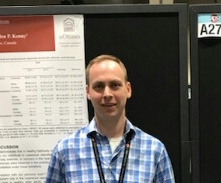
Gregory McGarr
Consumer and Clinical Radiation Protection Bureau, Health Canada
Gregory McGarr is a Research Scientist at Health Canada and an Adjunct Professor at the University of Ottawa. His primary research expertise is in human thermal physiology. He has conducted numerous studies on human temperature regulation in healthy and vulnerable populations, including children, older adults, and individuals with chronic health conditions. He also studies human temperature responses during exposure to non-ionizing radiation such as radiofrequency waves and light.

Gregory R.A. Richardson
Climate Change and Innovation Bureau Health Canada, Government of Canada
Gregory Richardson (MCIP, RPP) is the A/Manager of the Extreme Heat Program within the Climate Change and Innovation Bureau at Health Canada (Government of Canada). The goal of the Extreme Heat Program is to protect the health of Canadians from extreme heat. Over the last ten years, Gregory has worked extensively with health officials and municipal staff across Canada to support them in implementing actions to protect the health of Canadians from extreme heat. Gregory is also the author of various academic articles, book chapters and Government of Canada reports about climate change and cities.

Hannah Nissan
Willis Towers Watson
Hannah Nissan is Associate Director of Research in the Climate and Resilience Hub at WTW and a Visiting Senior Fellow at the Grantham Research Institute for Climate Change and the Environment at the LSE. She specializes in the development and use of climate and weather services to manage the public health impacts of climate variability and change. She has worked with national and regional meteorological services in the Caribbean and South Asia to tailor and translate heat forecasts and science for practical use and has extensive experience in capacity building to support policy- and decision-makers to incorporate science effectively into policy and practice. At WTW she leads work on climate and health, working with employers, insurers and the public sector to manage the health risks associated with climate variability and change.
Hannah formerly held research positions at the London School of Economics and Political Science, the International Research Institute for Climate and Society (IRI) at Columbia University, where she was a Lloyds’ of London – Fulbright Scholar and an Earth Institute Fellow, and Imperial College London. From 2018-2020 she was Director of the WHO Collaborating Centre for Early Warning Systems for Malaria and Other Infectious Diseases at IRI, where she supported the WHO in its work on climate change and health. She has worked as a consultant on climate and disaster risk management for a range of organizations including the Wellcome Trust and currently serves on the American Meteorological Society’s Board on Environment and Health. Hannah holds a PhD in Climate Modelling from Imperial College London, a Postgraduate Diploma in Economics from the University of Cambridge and a BSc in Physics from the University of Bristol.
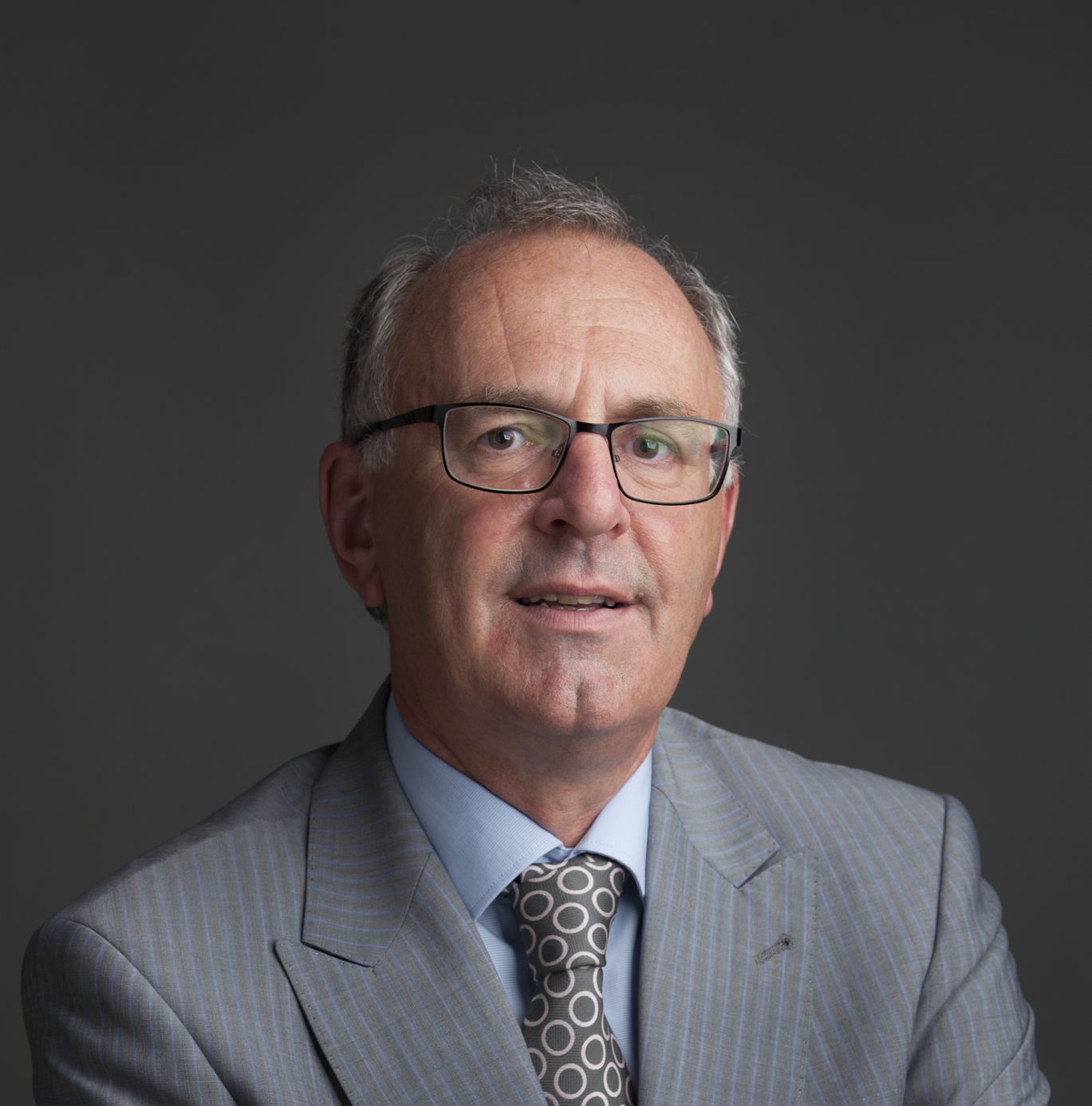
Hein Daanen
Vrije Universiteit Amsterdam
Hein Daanen (PhD) is full professor in (environmental) exercise physiology at Vrije Universiteit Amsterdam, the Netherlands. His expertise includes human adaptation to heat.
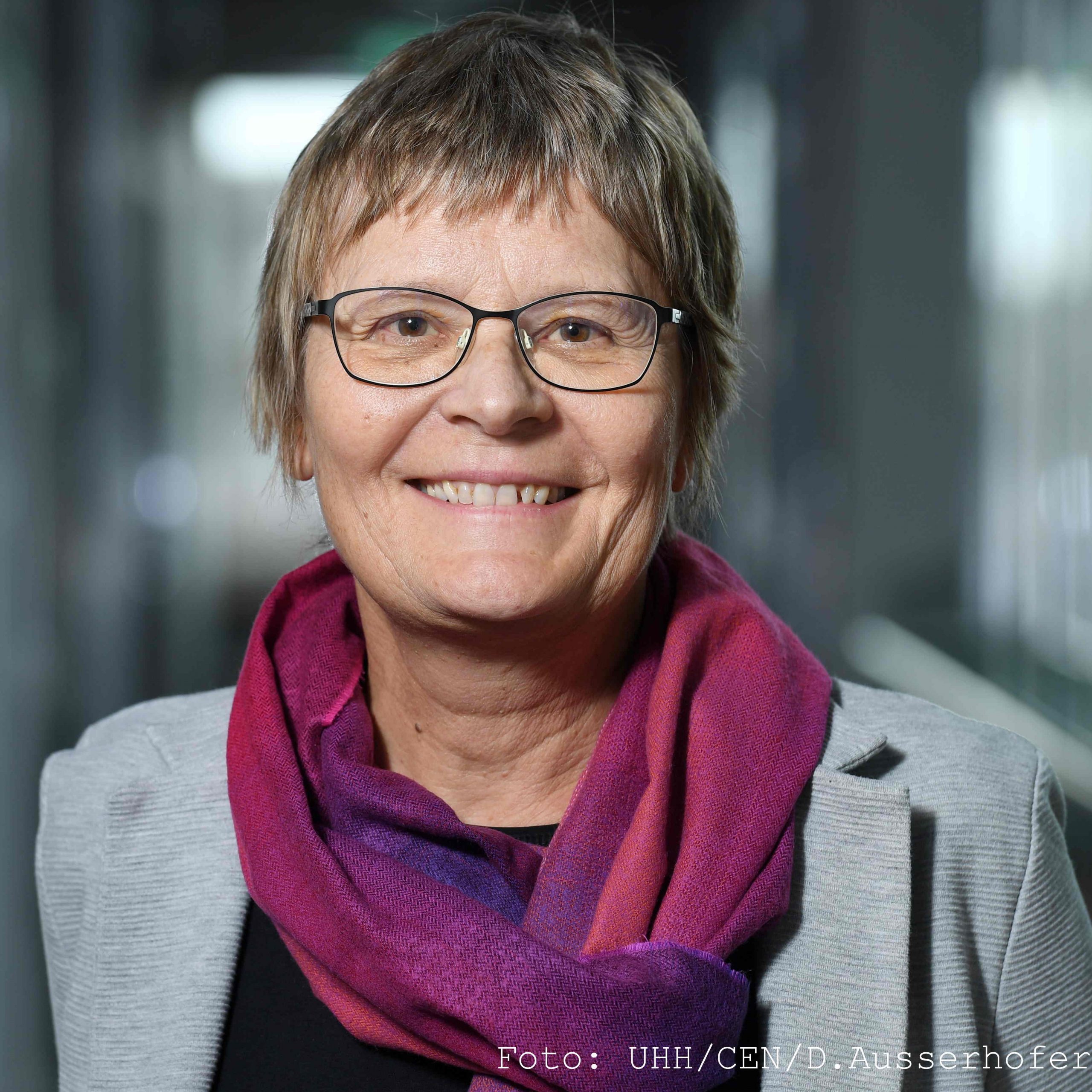
Heinke Schlünzen
Universität Hamburg
Prof. Dr. Heinke Schluenzen is Professor for Meteorology at the Meteorological Institute of the University of Hamburg, where she heads the mesoscale and microscale modelling group. Her research focusses on local and regional scale atmospheric processes resulting from direct human impacts, with emphasis on direct anthropogenic effects (e.g. growing urban areas, regenerative energy production), and influences of adaption and mitigation measures on the regional and urban climate and of climate change and extreme events on the urban system. Heinke is a meteorologist by training, with a strong emphasis on model development and model evaluation. She is member of the scientific advisory group of WMO-GURME, where she currently coordinates a new guide on urban heat islands. She is also coordinating the development of environmental meteorology guidelines in Germany; these guidelines concern urban climate as well as air quality and are co-developed with relevant stakeholders and often used in national legal frameworks. She is member of the Scientific Steering Committee of the climate research cluster of excellence CLICCS (Climate, Climatic Change, and Society) and in the coordination team of the interdisciplinary urban research project “Water from 4 sides” in CLICCS.

Helene Fung
Chinese University of Hong Kong (CUHK)
Helene H. Fung is a Professor and the Chairperson of the Dept of Psychology, the Executive Director of the Centre for Positive Social Science and a Deputy Director of the Institute of Ageing, at the Chinese University of Hong Kong. She was an assistant professor at the University of Alberta, Canada. She obtained her BS from University of Washington, Seattle, and MA and PhD from Stanford University.
Professor Fung examines socioemotional ageing across cultures. Among her awards include the 2017-18 Anne E. Ofstedal Fellowship on Higher Education Leadership, offered by United Board, the 2010 Margret and Paul Baltes award in Behavioral and Social Gerontology from the Gerontological Society of America, the 2008 Retirement Research Foundation Mentor Award from Division 20 and the 2016 Henry David International Mentoring Award from Division 52, American Psychological Association. Her students have won international awards, including the Fulbright Junior Scholar award (2007 and 2011), and several research awards offered by the American Psychological Association and the Gerontological Society of America.
She is a senior associate editor for the Australian Journal of Psychology, and an associate editor for Cognition and Emotion. She has been an associate editor for Acta Psychologica Sinica. She was elected a fellow of the Association for the Psychological Science, a fellow of the American Psychological Association (Division 20 & 52), and a fellow and Member-at-large of the Behavioral and Social Science Division of the Gerontological Society of America.
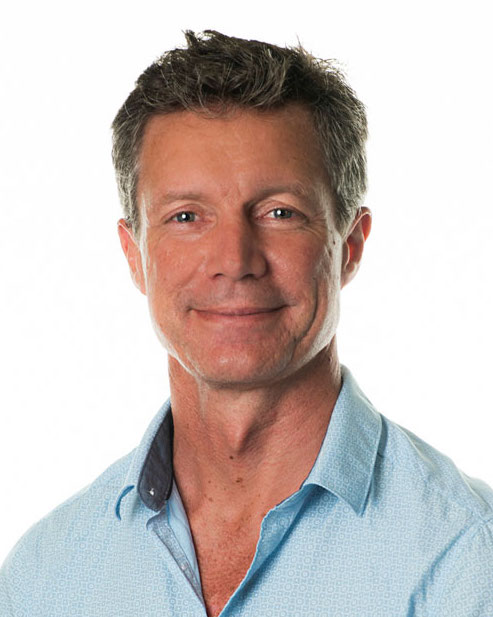
Ian Norton
Respond Global
Ian Norton (MD) is an Emergency Physician, currently managing director of Respond Global a Health emergencies consultancy, previously lead of the Emergency Medical Team Initiative at WHO creating standards for field hospitals and disaster and outbreak medical response teams. He coordinated the medical response for WHO in West African Ebola (including PPE and treatment centre design) and the Nepal Earthquake. Previously he was Director of disaster preparedness and response at Australias National Critical Care and Trauma Response Centre, Darwin and there worked with medical, search and rescue and fire and rescue response teams to improve heat management in tropical conditions while wearing PPE and prevention of heat illness.

Jason LEE
National University of Singapore
Jason Lee (PhD, FACSM) is an Associate Professor at the Department of Physiology, Yong Loo Lin School of Medicine, National University of Singapore. He directs the Heat Resilience and Performance Centre and co leads the Human Potential Translational Research Programme. Jason is a Fellow of the American College of Sports Medicine since 2012. He chaired the Scientific Committee on Thermal Factors at the International Commission on Occupational Health (2018 to 2024) and currently co-chairs the Heat Injury Clinical Practice Guidelines at the Ministry of Health in Singapore. His main interests are in fluid balance, thermoregulation and heat mitigation strategies. He studies the physiological demands associated with heat stress and how humans adapt to ensure optimum performance and survival. A key outcome of his research is the formulation of a holistic heat management system. This is achieved through profiling the associated heat strain in humans under various settings, designing and evaluating heat mitigation strategies and finally translating the findings to policies and guidelines. Jason is on the management committee at the Global Heat Health Information Network (GHHIN) and leads the Southeast Asia Hub to scale up efforts in managing the complex health risks posed by rising ambient temperatures.
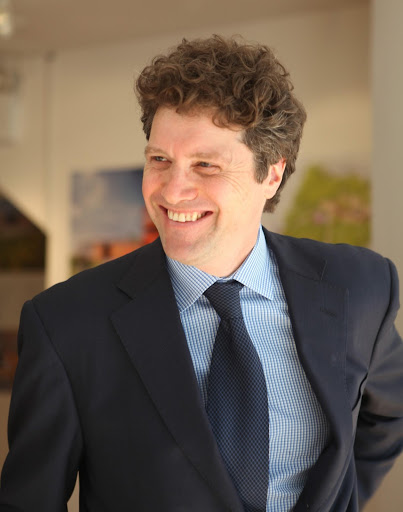
Jeffrey Raven
New York Institute of Technology / RAVEN Architecture & Urban Design, LLC.
Jeffrey Raven, FAIA, LEED BD+C
Assoc. Professor & Director, Graduate Program in Urban + Regional Design at New York Institute of Technology and Principal of RAVEN Architecture + Urban Design LLC. Co-Chair American Institute of Architects Planning & Urban Design Committee
Specialist in sustainable and resilient urban design whose research is applied in professional practice and disseminated throughout the profession, government and allied disciplines to urban design projects and knowledge transfer.
Publications include Urban Planning & Urban Design – Climate Change and Cities (Cambridge University Press 2018); From Climate Science to Practice, Urban Design & Climate Change, (Urban Design Journal-London 2019), Climate Resilient Urban Design, Resilient Cities (Springer 2011); Shaping Resilient Cities in China, India and the United States (P. Lang 2014), Covid19-Climate Connections for Le Monde (2020) and Cool District Hot City La Revue Urbanisme (2020). Funded research: National Science Foundation EU-USA Sustainable Urbanisation Global Initiative-Belmont and City-As-Lab RCN.

Jennifer Vanos, PhD
Arizona State University
Dr. Jennifer Vanos is an Assistant Professor in the School of Sustainability at Arizona State University. She focuses on extreme heat, thermal comfort, and air pollution in her research, and examines health impacts on vulnerable populations, such as children and athletes. She is currently running numerous field projects in Arizona and collaborates with schools, government, and non-profits in community-based research.
Dr. Vanos is an active member of the Urban Climate Research Center at ASU and a Scientific Advisor for the Korey Stringer Institute. She currently serves on the Executive Board of the International Society of Biometeorology and is the Chair of the Board on Environment and Health for the American Meteorological Society (AMS). She completed her PhD in 2012 at the University of Guelph in Canada and her Post-Doctoral degree with Health Canada.

Jeremy Hoffman
Virginia Commonwealth University
Dr. Jeremy Hoffman is the Chief Scientist at the Science Museum of Virginia and Affiliate Faculty in the L. Douglas Wilder School and the Center for Environmental Studies at Virginia Commonwealth University. Dr. Hoffman specializes in connecting audiences to their changing planet through community science campaigns, interactive media, dynamic exhibitions, and hands-on experiences. His research has focused on assessing exposure to extreme heat in US urban areas and how this exposure relates to long-term planning policy and neighborhood design.
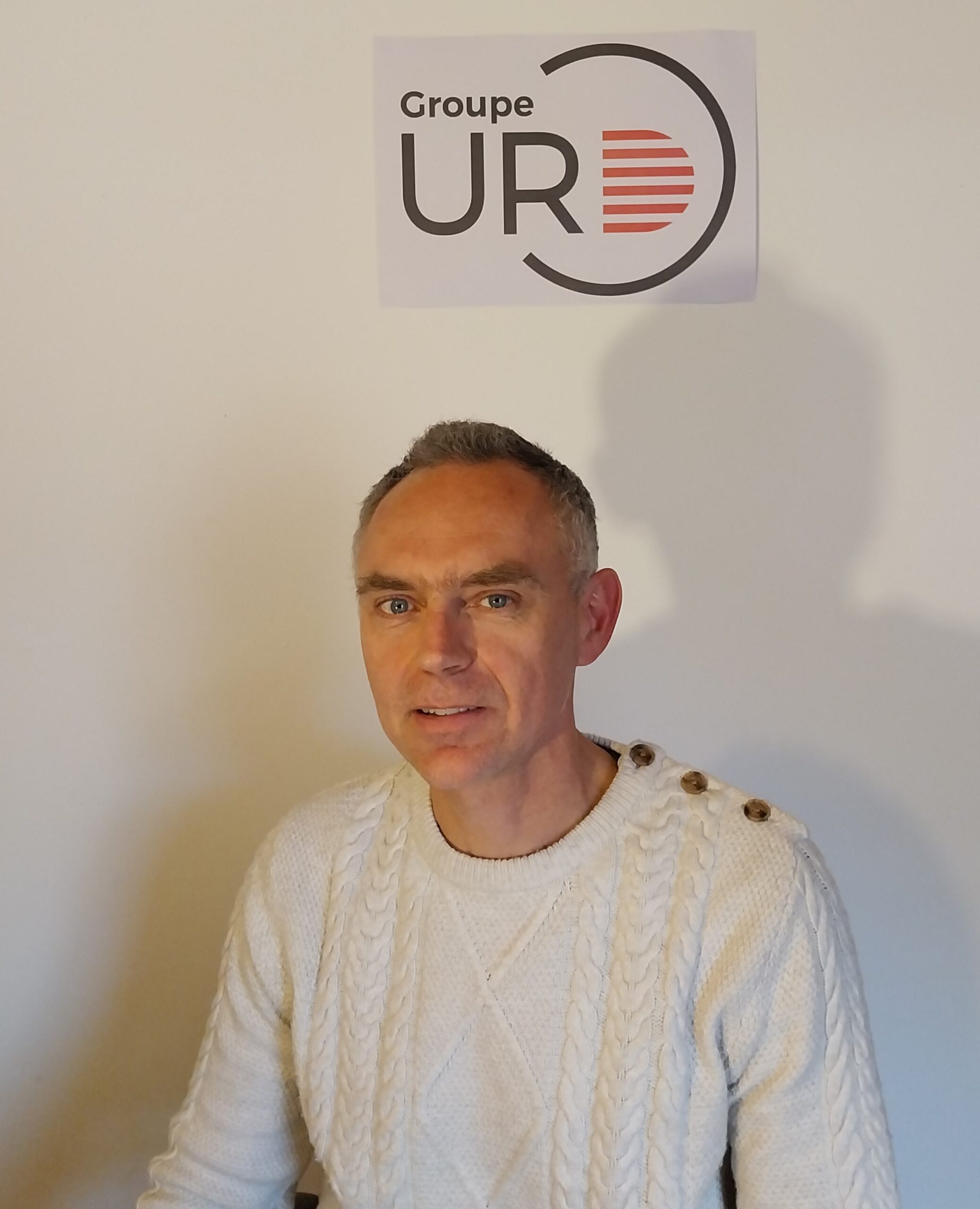
Jerome Faucet
Groupe URD
Jérôme Faucet is a senior researcher, evaluator and trainer at Groupe URD, with 15 years of experience in the humanitarian sector focusing on Disaster Risk Reduction and Climate Change Adaptation including 5 years as an Anticipatory Action Specialist.
Groupe URD is an independent think tank that specialises in analysing humanitarian practices, developing policies and accompanying aid actors to improve the quality of their crisis responses. Groupe URD has been a pioneer in exploring the links between climate change and environmental degradation and humanitarian aid, analysing these impacts for over 15 years.
Before joining the Group URD, Jérôme was involved in the design of participatory action research initiatives such as online surveys and Knowledge Attitude Practice (KAP) surveys. He has extensive training experience ( both the development of training material and facilitation), in subjects such as Vulnerability and Capacity Assessments, Hazard Preparedness, Training of Trainers or Contingency Planning. He has played a key role in the coordination of research initiatives in the field of Anticipatory Humanitarian Action and heatwave responses.
Within the Red Cross Red Crescent Movement, he has led the joint development of the first Early Action Protocol on Heatwaves in urban contexts for vulnerable groups through cooperation with the RCRC Climate Centre, the Vietnam Red Cross and the Vietnam Institute of Meteorology, Hydrology and Climate Change (IMHEN).
In 2020, he led the co-organisation and co-facilitation of the first RCRC Asia Pacific heatwave regional meeting with the Asia Pacific Urban Community Resilience Hub, IFRC APRO Health Unit and the Disaster, Climate and Crisis team. Practical examples from Australia, India, Hong Kong, Vietnam, Bangladesh, Japan and Pakistan were showcased on how timely, simple, low-cost and at-scale actions can drastically reduce impacts due to extreme heat.
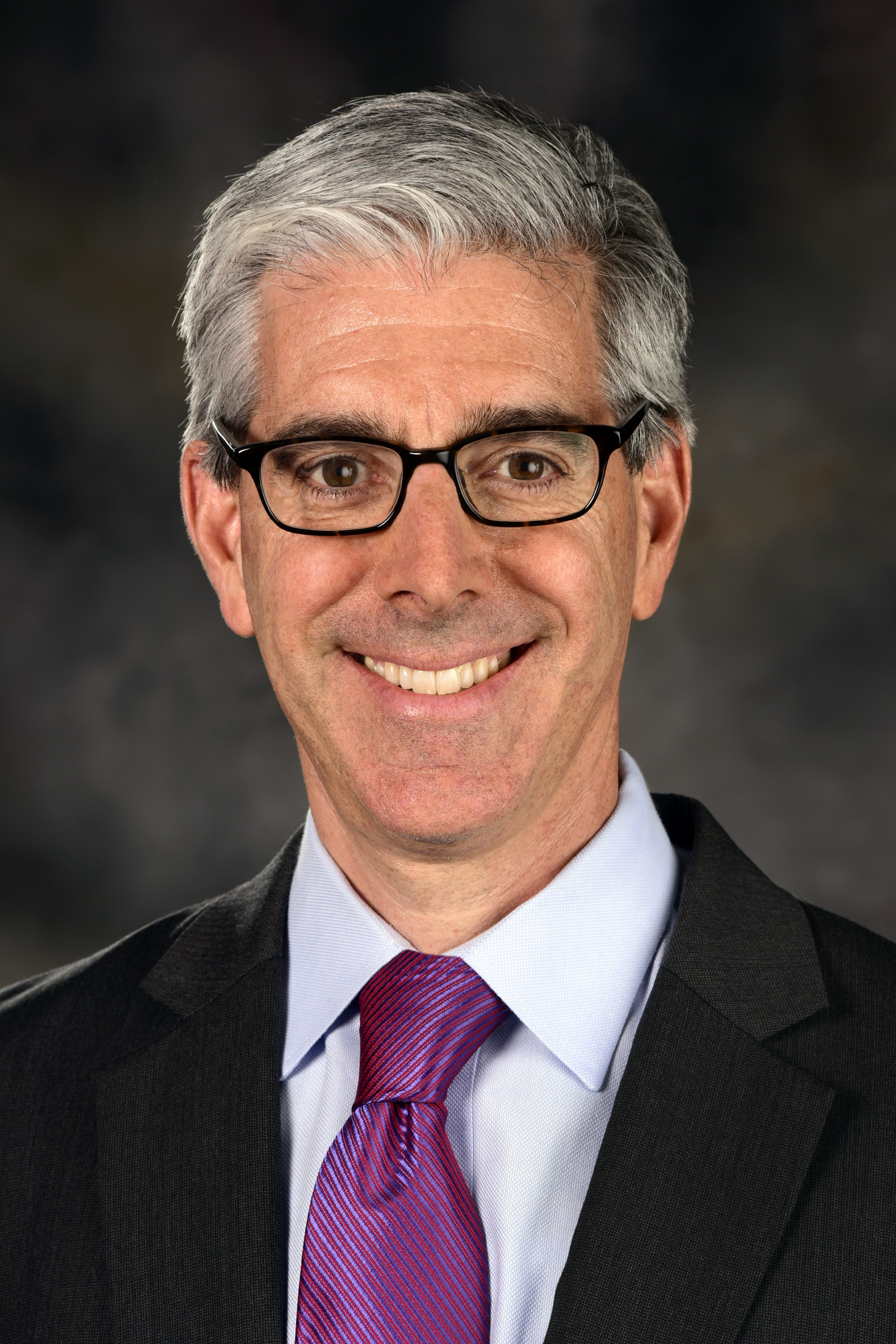
John Balbus
National Institute of Environmental Health Sciences
John M. Balbus, MD, MPH, serves as a senior advisor to the NIEHS Director on public health issues and
directs the NIEHS-WHO Collaborating Centre for Environmental Health Sciences. He also leads NIEHS
efforts on climate change and human health. In this capacity he serves as HHS principal to the U.S. Global Change Research Program, for which he also co-chairs the Interagency Cross-Cutting Group on Climate Change and Human Health. Dr. Balbus’ background combines training and experience in clinical medicine with expertise in epidemiology, toxicology, and risk sciences. He has authored studies and lectures on global climate change and health, transportation-related air pollution, the toxic effects of chemicals, and regulatory approaches to protecting susceptible subpopulations.

John Nairn
World Meteorological Organization (WMO)
Over a 40 year career John Nairn pursued customer facing deployments within the Australian Bureau of Meteorology in Antarctic operations, training, severe weather (severe thunderstorms, bushfires, flood, tsunami, wind storms and heatwaves), specialised airport operations (Sydney), Sydney Olympic and Paralympic Games and multiple interstate bushfire emergencies apart from operational forecasting in the Northern Territory, Victoria, Western Australia, NSW and South Australia. Prior to joining the Bureau, John worked in the CSIRO (Cronulla) as a physical oceanographer on the East Australia Current project.
John has a particular expertise in extreme heat. He developed the Excess Heat Factor heatwave intensity/severity index used in the Australian Bureau of Meteorology’s national heatwave forecast and warning service and conducted a Churchill Fellowship on heatwaves, visiting the UK, Germany and USA in 2013. John directed the 2019/20 Reducing Illness and Lives Lost from Heatwaves project where the Bureau of Meteorology partnered with the Australian Bureau of Statistics, Department of Health, Australian Institute of Health and Welfare and Geoscience Australia to develop heatwave vulnerability assessments for Australia at post code resolution.
John has a PhD, MBA, Dip Ed and a BSc Hon in Meteorology and Oceanography. John is keen to put the user experience at the centre of policy and products where data custodians and other stakeholders co-design science based solutions to wicked problems.
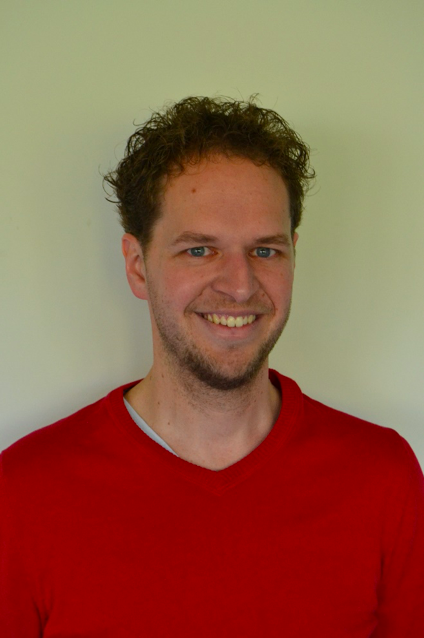
Joris van Loenhout
UCLouvain
Joris van Loenhout (PhD) is a senior researcher in the Centre for Research on the Epidemiology of Disasters, UCLouvain, Belgium. He obtained his PhD from Radboud University. He has coordinated and been involved in a number of EU projects on environmental epidemiology (PRONET, FP6; Climate-TRAP, DG Sanco) and disasters (ENHANCE, FP7; BRIGAID, H2020; SCORCH, DG ECHO). Joris has worked since 2009 on heat and health research, resulting in five peer-reviewed publications. He is currently lead researcher in the SCORCH project, on improving heatwave preparedness in the EU Neighbourhood. He also carried out a study on the impact of Typhoon Haiyan on local hospitals.
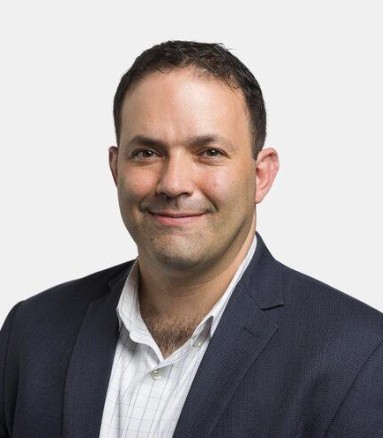
Jose Siri
WHO Urban Health Team
José is an epidemiologist working with the WHO urban health team. His work applies systems approaches to address urban and planetary health issues, focusing on leveraging science for healthy development, devising simple systems tools to catalyze better decision-making, and improving understanding of complex challenges.

Joy Shumake-Guillemot
World Health Organization (WHO), World Meteorological Organization (WMO)
Joy Shumake-Guillemot leads the WHO/WMO Joint Office for Climate and Health in Geneva Switzerland, and is the co-coordinator of the GHHIN. She is an environmental health scientist and public health practitioner who has worked with WHO, WMO, UNICEF and others to develop public health policy and programming for climate adaptation and risk management. She has extensive field experience in Africa, Asia, and Latin America supporting public health and humanitarian assistance programs.
Joy is a leading voice in the field of climate services for health. For over a decade, she has been working at the interface of WMO and WHO to to accelerate the availability, access and use of climate and weather information that can improve public health policy and practice. Joy received her MSc in Environment and International Development Policy from the University of East Anglia (UK) and Doctor of Public Health in Environmental Health Sciences from Johns Hopkins University (USA).

Juanita Constible
NRDC
Juanita Constible works with partners to advocate for climate-smart policies that protect workers and communities from the health effects of rising temperatures, sea level rise, and more extreme weather. Prior to joining NRDC, Constible oversaw the science and solutions department at the Climate Reality Project and later served as an adviser to the Climate Action Campaign. She holds bachelor’s and master’s degrees in biology from the University of Victoria in Canada, and a climate change and health certificate from the Yale School of Public Health. Constible is based in NRDC’s Washington, D.C., office.

Juli Trtanj
US National Oceanic and Atmospheric Administration (NOAA)
Juli Trtanj is the One Health and Integrated Climate and Weather Extremes Research Lead for NOAA. She is responsible for developing and implementing the National Oceanic and Atmospheric Administration (NOAA) Health Strategy across NOAA and with other federal, state, local and international Agencies, academic and private sector partners. She is leading efforts to build the National Integrated Heat Health Information System (NIHHIS) in partnership with the Centers for Disease Control, FEMA, OSHA, NIOSH, ASPR, EPA and other agencies. She coordinates the NOAA One Health Working Group which brings together NOAA data, research, information and actions to inform health decision making. She started the first multidisciplinary and multi-partner research program on Climate Variability and Human Health. She developed and directed NOAA’s Oceans and Human Health Initiative focused on Early Warning Systems, Health Benefits from the Sea, and Graduate Training.
Ms. Trtanj co-chairs the US Global Change Research Program, Climate Change and Human Health Group (CCHHG) and represents NOAA on the Pandemic Prediction and Forecasting Science and Technology Working Group. She is an author on the Fourth National Climate Assessment, served on the Steering Committee of the USGCRP Climate and Health Assessment and was a Convening Lead Author for the Water-Related Illness chapter. She is the Integrated Information System for Health Lead for the Group on Earth Observations (GEO), and is directly involved with the World Health Organization (WHO), and other partners in the development of the Integrated Information Systems for heat, cholera and other water-related illnesses. She has contributed to, reviewed, or edited sections of several IPCC and US National Climate Assessment reports and authored several book chapters and journal articles.
Ms. Trtanj earned her Master in Environmental Science from Yale School of Forestry and Environmental Studies in 1994, and her Bachelors in 1986 from the University of California Santa Barbara.

Julie Arrighi
American Red Cross / Red Cross Red Crescent Climate Centre
Julie Arrighi holds a joint position between the American Red Cross and the Red Cross Red Crescent Climate Centre. She leads the Climate Centre’s urban portfolio which includes a focus on heatwaves. Julie also leads the Climate Centre’s partnership with the International Committee of the Red Cross which focuses on adaptation in conflict. For the American Red Cross Julie provides climate risk management advice to international programs. Prior to this joint position Julie worked for the Red Cross in East and Southern Africa on various rural and urban disaster risk reduction projects. Julie holds an M.A. in Climate and Society from Columbia University.
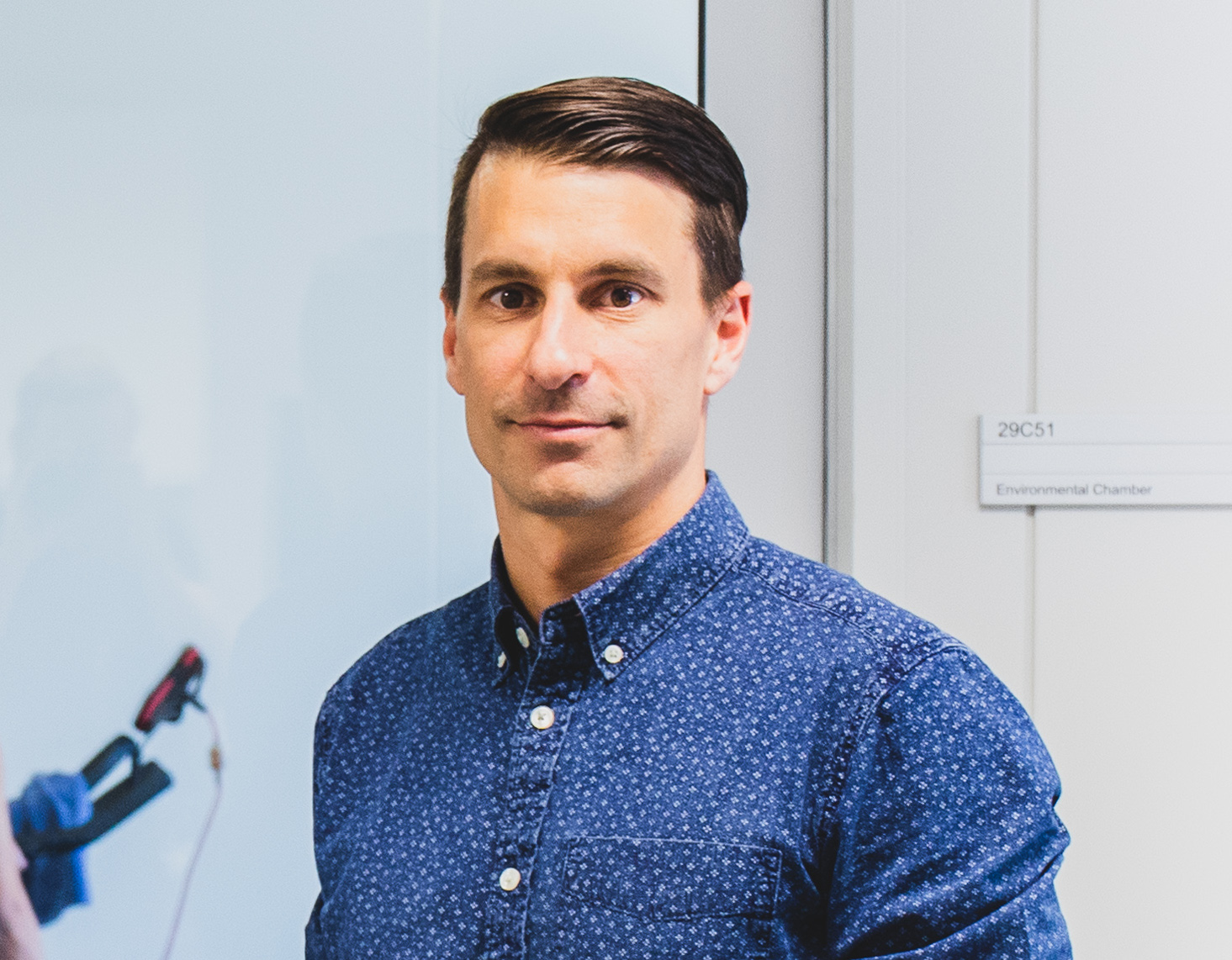
Julien Périard
University of Canberra Research Institute for Sport and Exercise
Julien Périard is a Research Professor and Deputy Director of the University of Canberra Research Institute for Sport and Exercise (UCRISE), where he also leads the Environmental Physiology Research Laboratory. His integrative research examines the physiological mechanisms that mediate health and performance during exercise in the heat, as well as the adaptations that stem from chronic heat exposure. His work also examines how regular exercise can build resilience against rising global temperatures. He has worked with both amateur and professional athletes from various disciplines, along with National (e.g. Australian Institute of Sport) and International Federations (e.g. World Athletics and World Triathlon). To date, Julien has published over 110 research papers and received funding from organisations such as the Australian Sports Commission, National Health and Medical Research Council, Australian Defence Science and Technology Group, and the Qatar National Research Fund.

Katie Lane
New York City Department of Health & Mental Hygiene
Kathryn Lane is a senior environmental epidemiologist in the Bureau of Environmental Surveillance and Policy at the New York City Department of Health and Mental Hygiene. She conducts environmental health surveillance and policy-relevant epidemiologic studies of the relationship between temperature and health, power outages, and other environmental hazards. She has also led surveys to characterize energy insecurity, heat-health awareness, and barriers to protective actions, and power outage preparedness in NYC. She has an MA in Historical Studies from the University of Cape Town and an MPH in Epidemiology from Columbia University’s Mailman School of Public Health. She was a recipient of the Council of State and Territorial Epidemiologists (CSTE) Fellowship in Applied Epidemiology in 2011-2012.
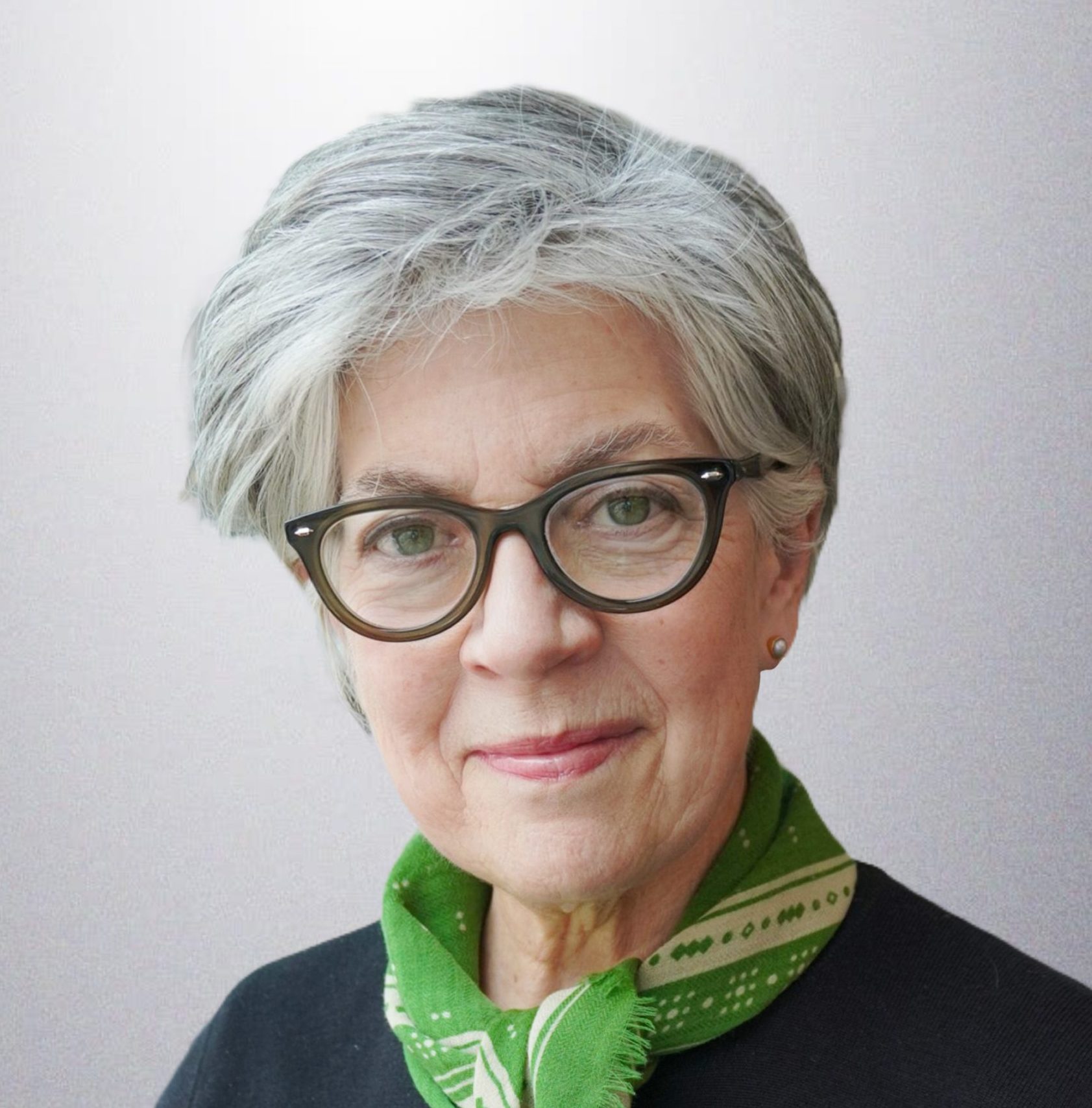
Kim Knowlton
Natural Resources Defense Council (NRDC); and Columbia University's Mailman School of Public Health
Kim Knowlton is Senior Scientist and Deputy Director of NRDC’s Science Center. She focuses on the public health impacts of climate change, and advocates for strategies to prepare for—and prevent—these impacts, especially in vulnerable communities. She studies heat- and ozone-related mortality and illness in U.S. and India, plus climate change’s links to infectious illnesses, flooding, aeroallergens, and respiratory ailments. Knowlton was a co-convening lead author on the Human Health chapter of the Third U.S. National Climate Assessment, and participates in the New York City Panel on Climate Change. She holds a bachelor’s degree from Cornell University, a master’s in environmental and occupational health sciences from Hunter College, and a doctorate in public health from Columbia University’s Mailman School of Public Health—where she now serves as an assistant professor in the Climate and Health Program of the Department of Environmental Health Sciences. She is based in New York.
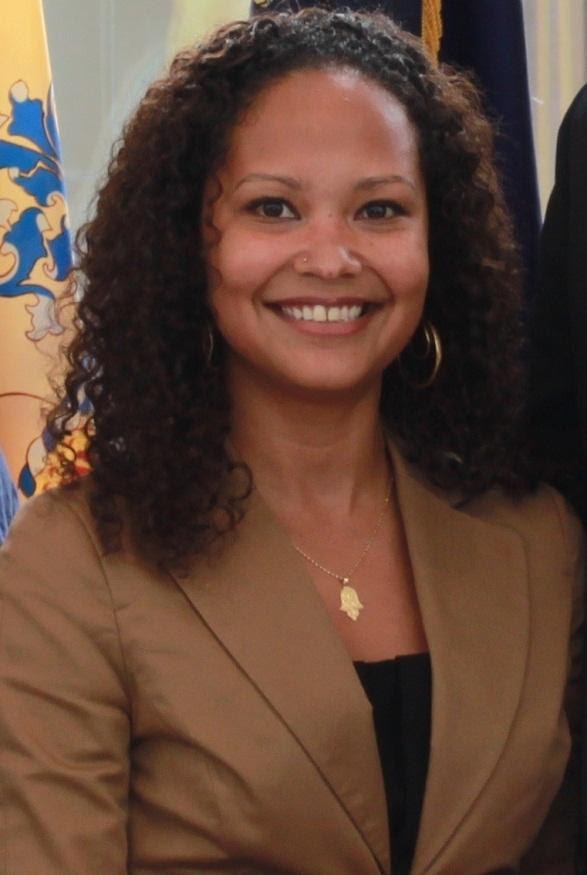
Kizzy Charles-Guzman
NYC Mayor's Office of Resiliency
Kizzy Charles-Guzman is a Deputy Director at the NYC Mayor’s Office of Resiliency, leading efforts to strengthen neighborhoods, community organizations, and social infrastructure so that they are ready to withstand and emerge stronger from the impacts of climate change. Kizzy engages in citywide sustainability and resiliency planning efforts to ensure that social, public health and environmental justice priorities are integrated into adaptation plans and environmental policies. She led the development of Cool Neighborhoods NYC, the City’s first comprehensive strategy to address the impacts of rising temperatures and heat waves. She received the U.S. Environmental Protection Agency’s Region 2 Environmental Quality Award and a national Champion of Change Award from the U.S. White House in recognition of her work to protect and enhance environmental quality and public health in New York, and has twice been named “Top 40 under 40 in NY Politics” by City and State New York. She is a graduate of Carleton College and the University of Michigan at Ann Arbor.

Kristie Ebi
University of Washington
Kristie L. Ebi (Ph.D., MPH) is Professor in the Center for Health and the Global Environment at the University of Washington. She has been conducting research and practice on the health risks of climate variability and change for nearly 25 years, focusing on understanding sources of vulnerability; estimating current impacts and future health risks; designing adaptation policies and measures to reduce the risks of climate change in multi-stressor environments; and estimating the health co-benefits of mitigation policies. She has supported multiple countries in Central America, Europe, Africa, Asia, and the Pacific in assessing their vulnerability and implementing adaptation measures. She has been an author on multiple national and international climate change assessments. She has more than 200 publications and has edited fours books on aspects of climate change.

Ladd Keith
University of Arizona
Ladd Keith, Ph.D., is an assistant professor in the School of Landscape Architecture and Planning at The University of Arizona. An urban planner by training, he has over a decade of experience planning for climate change with diverse stakeholders in cities across the U.S. His current research explores heat planning and governance with funding from the National Oceanic and Atmospheric Administration, Centers for Disease Control and Prevention, and National Institute for Transportation & Communities. He served a full term on the City of Tucson’s Planning Commission and chaired the development and adoption of the city’s comprehensive plan. He also founded and leads the Sustainable Built Environments undergraduate degree program which is offered in person, fully online, and at the Universidad Peruana de Ciencias Aplicadas in Lima, Peru. He has a Ph.D. in Arid Lands Resource Science and an MS in Planning from The University of Arizona.

Liv Yoon
Health Canada / University of British Columbia
Dr. Liv Yoon is an Assistant Professor in the School of Kinesiology at the University of British Columbia (UBC) in Vancouver, Canada. Prior to joining UBC, she worked in public service as a policy analyst at Health Canada’s Climate Change and Innovation Bureau (CCIB). She completed a postdoctoral fellowship at the Earth Institute and Mailman School of Public Health at Columbia University, where she worked on projects related to climate and environmental justice, energy insecurity, just transition, extreme heat, and health. She led the NYC-chapter of the US NOAA-NIHHIS heat mapping campaign in 2021 (heatstorynyc.org). She continues to serve on the New York City Panel on Climate Change (NPCC) and Columbia’s Environmental Justice and Climate Just Cities Network (EJCJC). Her research is at the intersection of climate change, social inequities, and health, with a focus on community engagement work. Her PhD training in social sciences and socio-cultural kinesiology informs her to think about bodies in sociopolitical contexts, provoking thought about how some bodies are considered more ‘dispensable’, and in turn, rendered more vulnerable to climate-related risks and pollution.

Maggie Jarry
Substance Abuse and Mental Health Services Administration, U.S. Department of Health and Human Services
Maggie Jarry, M.Div. is the Emergency Coordinator for the Substance Abuse and Mental Health Services Administration (SAMHSA) within the U.S. Department of Human Services. As the Emergency Coordinator for SAMHSA, Ms. Jarry coordinates with government and non-governmental partners to support United States disaster and emergency mitigation, preparedness, response, and recovery efforts.
Ms. Jarry’s career spans more than 20 years developing policy in both government and non-governmental disaster mitigation, response and recovery and behavioral health systems. She has strong interest in the impact of prolonged and extreme heat events on people with mental health and substance use chronic health conditions. As well, Ms. Jarry approaches her work with emphasis on how community and family wellness (multigenerational, intergenerational) can be supported and how communities, families and people adapt, change, learn, and grow despite experiences of loss. Her lived and professional experiences give her insight into diverse ways of thinking among professionals in emergency management, psychiatric services, substance use prevention and treatment, mental health promotion, suicide prevention, and a broad range of faith communities. In particular, she has experience in the United States, Japan, Indonesia, and Ghana.
Ms. Jarry holds a Master of Divinity from Union Theological Seminary in the City of New York at Columbia University; a Master of Science in Nonprofit Management from the Milano School of International Affairs, Management and Urban Policy at The New School; and Bachelor of Arts degrees from the University of Arizona.
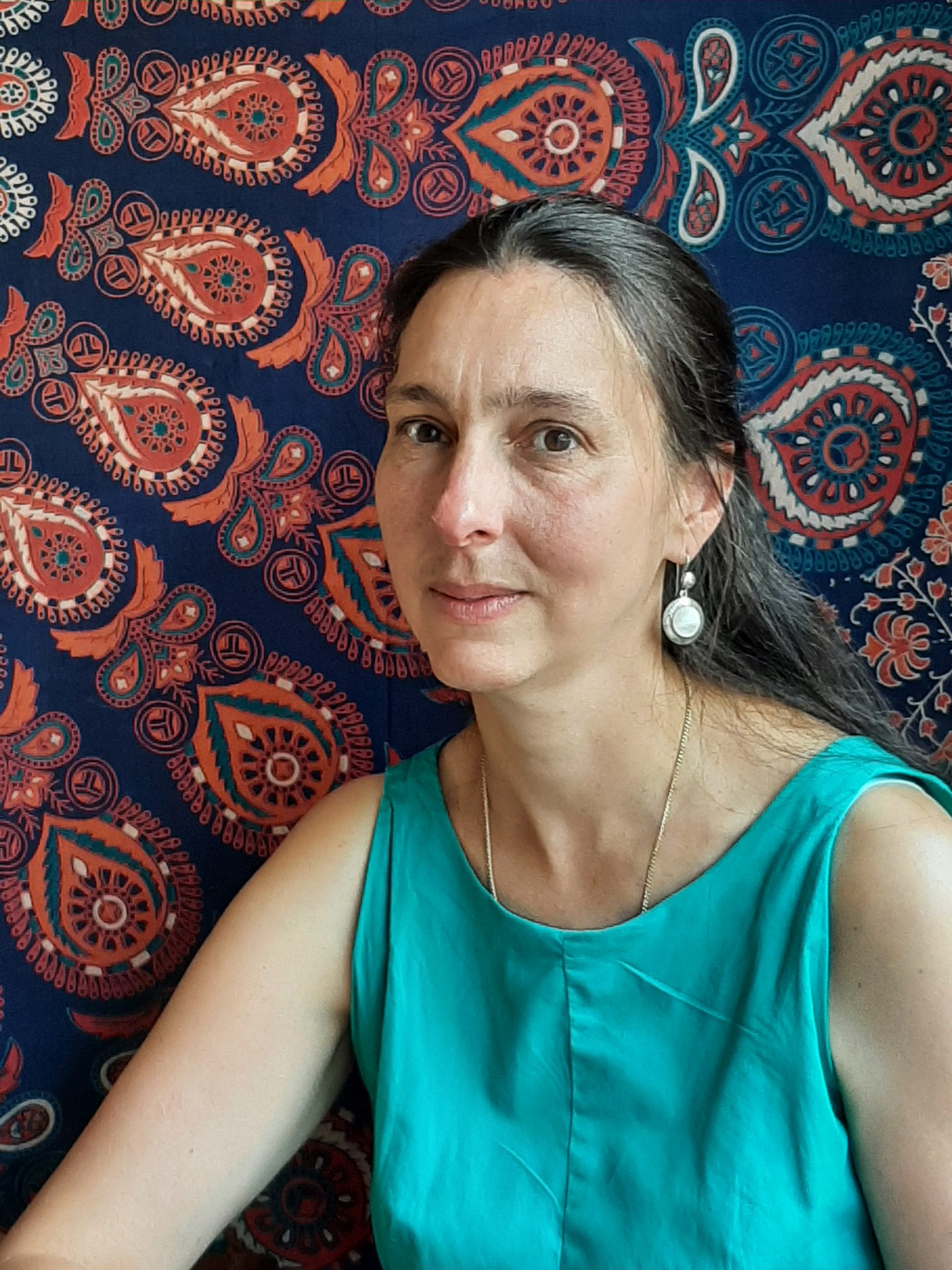
Mathilde Pascal
Santé Publique France
Mathilde is an epidemiologist, responsible for the climate change and health program, at the occupational and environmental health department of Santé publique France (the French national public health institute). She has contributed to the creation of the French heat warning system. Her areas of interest include how to support evidence-based decision-making at the national and local level, and how to articulate an heat-adaptation strategy across all the areas of public health (surveillance, emergency response, health prevention, and the development of healthy environments)

Matt Brearley
National Critical Care and Trauma Response Centre (Australia), Thermal Hyperformance Pty Ltd.
Matt Brearley (PhD) is a thermal physiologist at the National Critical Care and Trauma Response Centre (Australia) and Managing Director of the heat stress consultancy, Thermal Hyperformance Pty Ltd. Australia

Matthias Roth
National University of Singapore
Matthias Roth is a Professor in the Department of Geography at the National University of Singapore. He holds a Diploma from ETH, Zurich (Switzerland) as well as MSc and PhD degrees from the University of British Columbia, Vancouver (Canada), all in Physical Geography. His
research examines how land-use changes affect local climates with a particular focus on the climate of cities and the role they play in climate change. As an experimental researcher he has conducted observations of the urban heat island, energy balance, carbon dioxide fluxes and fundamental turbulence properties in cities located in North America, Europe and Asia. Besides fundamental aspects of the surface-atmosphere exchanges, he is increasingly interested in the application of such knowledge to the climate-sensitive design of cities. He is Past President of the International Association for Urban Climate (IAUC), Associate Editor of the International Journal of Climatology and a member of the editorial boards of Urban Climate and Singapore Journal of Tropical Geography.

Maud Huynen
Maastricht Sustainability Institute (MSI).
Maud Huynen (PhD) is a researcher at the Maastricht Sustainability Institute (MSI). Her research interests include sustainability, climate change and health. She is the lead author of the 2019 Dutch Knowledge Agenda for Climate and Health (developed for ZonMw -The Netherlands Organisation for Health Research and Development).

Nathan Morris
University of Copenhagen
Nathan Morris (PhD) is a post-doctoral researcher in environmental physiology at University of Copenhagen, Denmark.
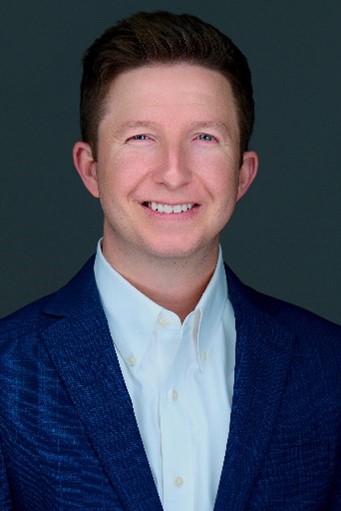
Nathanial Mathews Trigg, MPH, CEM
Americares
Nathaniel Matthews-Trigg, MPH, CEM, is part of a team that develops innovative global programming that prevents or addresses the health impacts of climate change.
He works closely with health providers and clinic staff serving low-income and uninsured patients, ensuring they have the resources to protect the most vulnerable patients from hurricanes, wildfires, flooding, extreme heat and other weather events intensified by climate change.
Americares supports over 4,000 health centers worldwide with transformative health projects, medicine, and medical supplies, improving the health of millions of people affected by poverty or disaster every year.
Matthews-Trigg plays a pivotal role in Americares growing portfolio of climate resilience and preparedness programs, including the Climate Resilience for Frontline Clinics Toolkit and the Climate Health Equity for Community Clinics Program—both collaborations with the Center for Climate, Health, and the Global Environment at Harvard T.H. Chan School of Public Health (Harvard Chan C-CHANGE).
Matthews-Trigg joined Americares in 2023 after several years of working in climate and health research, and health care emergency management. Prior to joining Americares, he served as both an operational planner and exercise coordinator for Northwest Healthcare Response Network, the health care coalition for western Washington state. He supported the development and implementation of the World Health Organization’s Global Heat Health Information Network while interning for the World Health Organization’s and World Meteorological Organization’s Joint Office for Climate and Health and was a founding member of the New Mexico Health Professionals for Climate Action organization. Matthews-Trigg is an affiliate instructor with the University of Washington’s Center for Health and the Global Environment.
He earned a bachelor’s degree in psychology from the University of California and a Master of Public Health from the University of Washington. He is also a Certified Emergency Manager through the International Association of Emergency Managers.

Nausheen Anwar
Fellow of the Institute of Development Studies (IDS), University of Sussex, UK
Nausheen H Anwar is Professor of City & Regional Planning based in Karachi, Pakistan. Nausheen is Director of the Karachi Urban Lab at IBA, and co-leads a project on extreme heat and vulnerability in informal settlements. She is also a Research Fellow at the Institute of Development studies, University of Sussex.
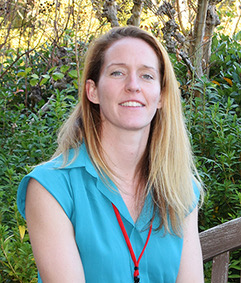
Nicola Gerrett
Vrije Universiteit Amsterdam
Nicola Gerrett (PhD) is a post-doctoral researcher in environmental and exercise physiology at Vrije Universiteit Amsterdam, the Netherlands.

Nirmita Chandrashekar
SELCO Foundation
Nirmita Chandrashekar is an architect and development practitioner. In the 5 years at SELCO Foundation, she has led the Built environment portfolio and anchors core programmes in urban, disaster and cooling contexts.

Ollie JAY
University of Sydney
Ollie Jay is Professor of Heat and Health and Director of the Heat and Health Research Centre at the University of Sydney. Ollie has led several large-scale projects that have directly influenced international public health heatwave policies domestically and internationally. He has led extreme heat policy development for Tennis Australia (Australian Open), Cricket Australia, and the National Rugby League, and is the Lead Heat Consultant for the Australian Olympic Team for the Paris 2024 games. Ollie is also a co-Founder of EMU Systems – a spin-out venture delivering heat stress monitoring and management systems for sport and industry. In 2021, he co-led the first-ever Series on Heat and Health in The Lancet.
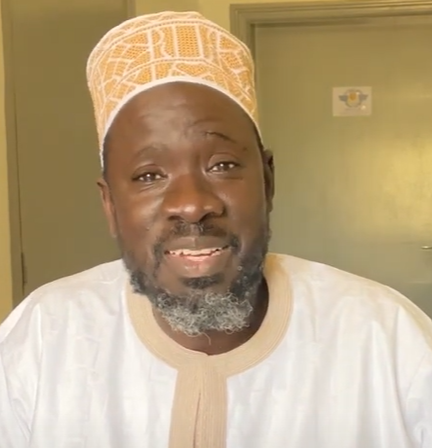
Ousmane Ndiaye, PhD
African Center of Meteorological Application for Development (ACMAD)
Dr Ousmane Ndiaye is the Director General of African Center of Meteorogical Application for Development (ACMAD). Previously, Ousmane served as the acting director of Senegalese meteorological service at the Agency of Civil Aviation and Meteorology (ANACIM).
His expertise lies on climate prediction and its application. He has worked many years with partners (NGOs, research, extension services, end-users) on how to deliver climate information services to users from end to end: demand, coproduction, validation, and delivery.
He coordinated the creation of a district level multi-pluri-disciplinary working group (GTP) in Senegal to deliver climate information to farmers and fishermen for their better preparedness. Recently, he has responded to the needs of the health community by working to enhance the national heatwave early warning system and heat risk information.
Dr. Ndiaye received his PhD and MS from the Columbia University. He serves as a national focal point of the Intergovernmental Panel on Climate Change (IPCC) and was a contributing author to the 6th IPCC Assessment Report (Working Group I).

Patrick Kinney
Boston University School of Public Health
Dr. Kinney is a Professor of Environmental Health at the Boston University School of Public Health. He was trained as an air pollution epidemiologist at Harvard School of Public Health, and came to BU after two decades at the Columbia University Mailman School of Public Health. In his time at Columbia, he developed and led the first climate and health program housed at a school of public health, including training programs at both the masters and doctoral levels. He has developed integrated modelling systems to quantify and project the human health effects of climate change, including those related to both temperature and air pollution. Working at the intersection of climate change, health, and policy, Kinney has conducted research from the South Bronx to China to rapidly growing cities throughout Africa. At BU, Kinney is developing a new program that focuses on assessing the health benefits of urban climate action plans, via strategies to promote active transport, green infrastructure, and clean vehicles.

Peter Berry
Health Canada
Since arriving at Health Canada in 1999, Dr. Peter Berry has conducted research in several areas related to climate change including health risks to Canadians, adaptive capacity, health system resilience, health vulnerability assessment and communicating climate change risks to the public. He is currently a Senior Policy Analyst and Science Advisor to the Director at the Climate Change and Innovation Bureau at Health Canada and Adjunct Assistant Professor at the Interdisciplinary Centre on Climate Change at the University of Waterloo. Peter is currently an editor and author for the next national assessment Health of Canadians in a Changing Climate: Advancing our Knowledge for Action being led by Health Canada, to be released in 2021. Among other scientific reports, he contributed to the recently released Global Commission on Adaptation Background Paper: Health System Adaptation to Climate Variability and Change. He is currently developing an online course with colleagues at the University of Waterloo for health sector decision makers on building climate resilient health systems.

Peter Van den Hazel
Peter Van den Hazel (MD, PhD) is an environmental health physician in the Netherlands advising on Europe and International policy and programming, particularly related to children’s environmental health.

Qudsia Huda
World Health Organization
Dr. Huda, a Bangladeshi national, is the Head of Disaster Risk Management and Resilience Unit in the Health Emergency Program of World Health Organization Headquarters.
She takes special interest in the field of public health emergency, disaster risk reduction, health security, migration and health diplomacy.
Dr Huda has demonstrated executive leadership in health sector policy and planning for all categories of disasters including climate change impact and heat health and its correlation to biological emergencies and disasters.
An accomplished health disaster risk management expert with 24 years of working experience in emergency and disasters many countries across the world, Dr. Huda also has extensive experience in operational research on disasters and authored and co-authored number of books, chapters and articles on various aspects of disasters, emergencies particularly focusing on health sector.
Dr. Huda obtained her academic excellence from the Faculty of Medicine at Dhaka University (Bangladesh), Harvard University, Tuft University, Massachusetts Institute of Technology and the University of Leeds.

Rachel Lowe
London School of Hygiene & Tropical Medicine
Rachel is a Royal Society Dorothy Hodgkin Fellow and Associate Professor at the London School of Hygiene & Tropical Medicine, researching the impacts of global environmental change on infectious disease risk. She is a member of the management committee for the Centre on Climate Change and Planetary Health and vector-borne disease theme leader for the Centre for Mathematical Modelling of Infectious Diseases. She obtained a PhD in Mathematics from the University of Exeter. Her thesis concerned spatio-temporal modelling of climate-sensitive disease risk, with a focus on early warning systems for dengue in Brazil. She held postdoctoral positions at the International Centre for Theoretical Physics in Trieste, Italy, and the Catalan Institute for Climate Sciences (IC3) in Barcelona, Spain, working at the interface of climate prediction science and public health decision-making.
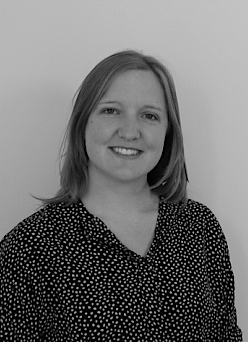
Regina Vetter
C40 Cool Cities Network
Regina Vetter serves as the Network Manager of the Cool Cities Network at C40. In this position, she is responsible for supporting cities globally to manage the urban heat island effect and to implement greening and cooling solutions. Regina also provides technical guidance on climate adaptation aspects of cities’ Climate Action Plans, and facilitates the integration of urban adaptation and mitigation climate solutions
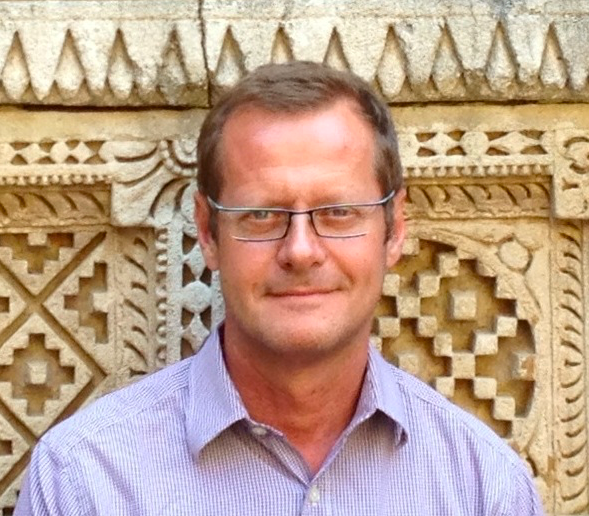
Richard de Dear
Indoor Environmental Quality Lab, University of Sydney
For over four decades Professor Richard de Dear has focused his research career on defining what occupants want and need from their built environments, and assessing the performance of buildings in terms of meeting those requirements. He is currently the most highly cited active researcher in thermal comfort, with over 210 peer-reviewed papers in the SCOPUS database, as well as several monographs on the subject. Within that body of research it is his adaptive model of thermal comfort that’s had the greatest impact, not just on the research community but also on the design and operation of actual buildings. His adaptive model underpins the American Society of Heating and the Refrigerating and Air Conditioning Engineers’ thermal comfort standard, ASHRAE 55-2020, which in turn, informs several national thermal comfort standards around the world.
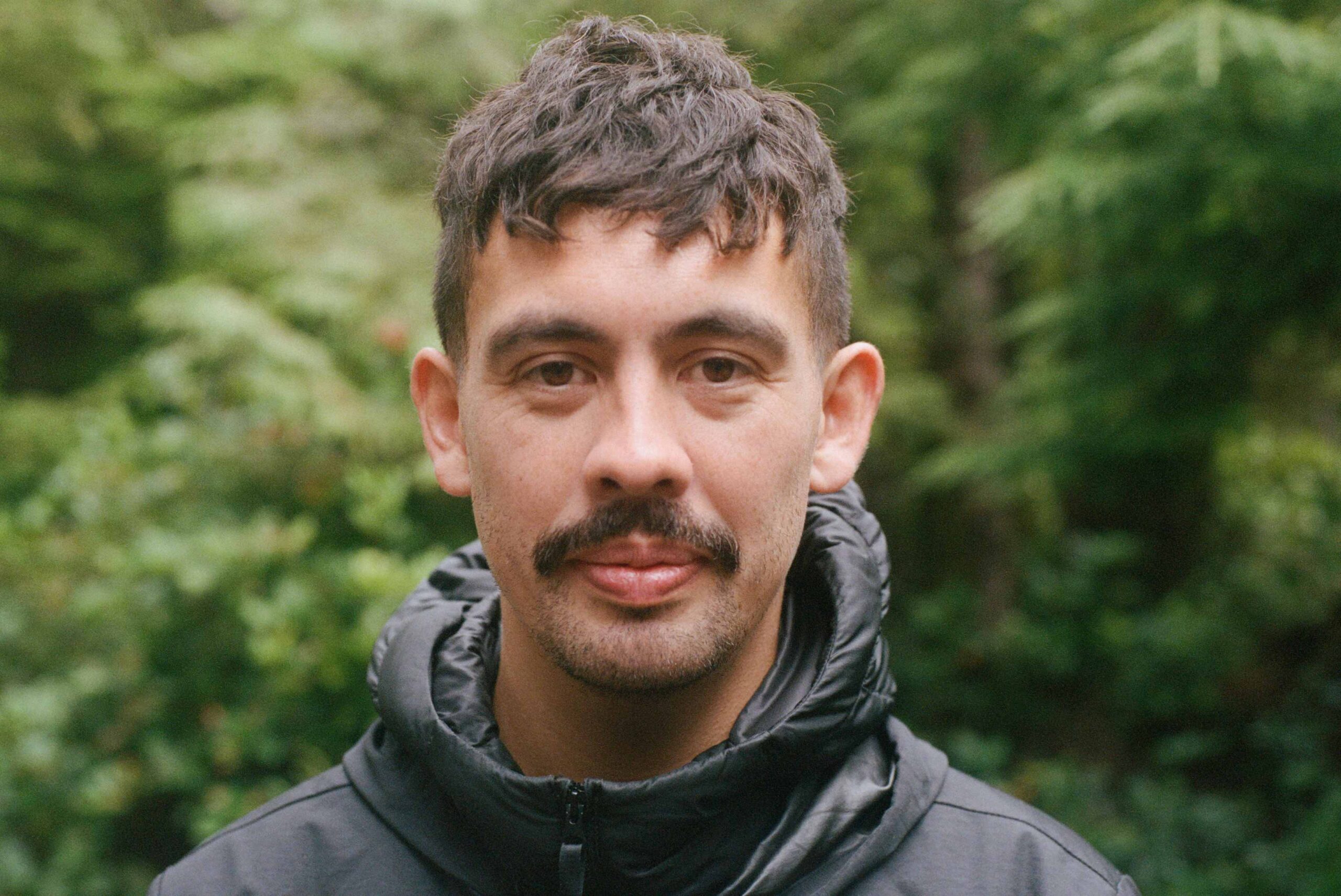
Robbie M. Parks
Columbia University
Robbie Parks is an environmental epidemiologist and physicist with diverse experience in large-scale multi-disciplinary quantitative research focused on climate-related exposures, public health and equity. He is a tenure-track Assistant Professor of Environmental Health Sciences at Columbia University’s Mailman School of Public Health and an NIH NIEHS K99/R00 Fellow. He is also the Lead Instructor of the Columbia University SHARP Course Bayesian Modeling for Environmental Health. He was a Columbia University Earth Institute/Climate School Post-doctoral Fellow from 2019 to 2022 with Prof. Marianthi-Anna Kioumourtzoglou, completed his PhD at the School of Public Health at Imperial College London with Profs. Majid Ezzati and Ralf Toumi in 2019, and graduated with a BA/MA (Oxon) in Physics from Keble College, University of Oxford. He is proudly both a first-generation academic and an Agents of Change in Environmental Justice Senior Fellow.

Roop Singh
Red Cross Red Crescent Climate Centre
Roop Singh is the Climate Risk Adviser at the Red Cross Red Crescent Climate Centre and provides technical support to disaster managers and adaptation practitioners to access, interpret and use climate risk information for decision-making. Roop supports the Climate Centre’s urban portfolio with a focus on heat risk, including co-authoring the Climate Centre’s Heatwave Guide for Cities and a companion guide for CSOs and leading engagement on advancing heat reserach and action planning. She is also the host of the ‘Can’t Take the Heat’ podcast on how people can adapt to climate issues like more frequent and intense heatwaves.
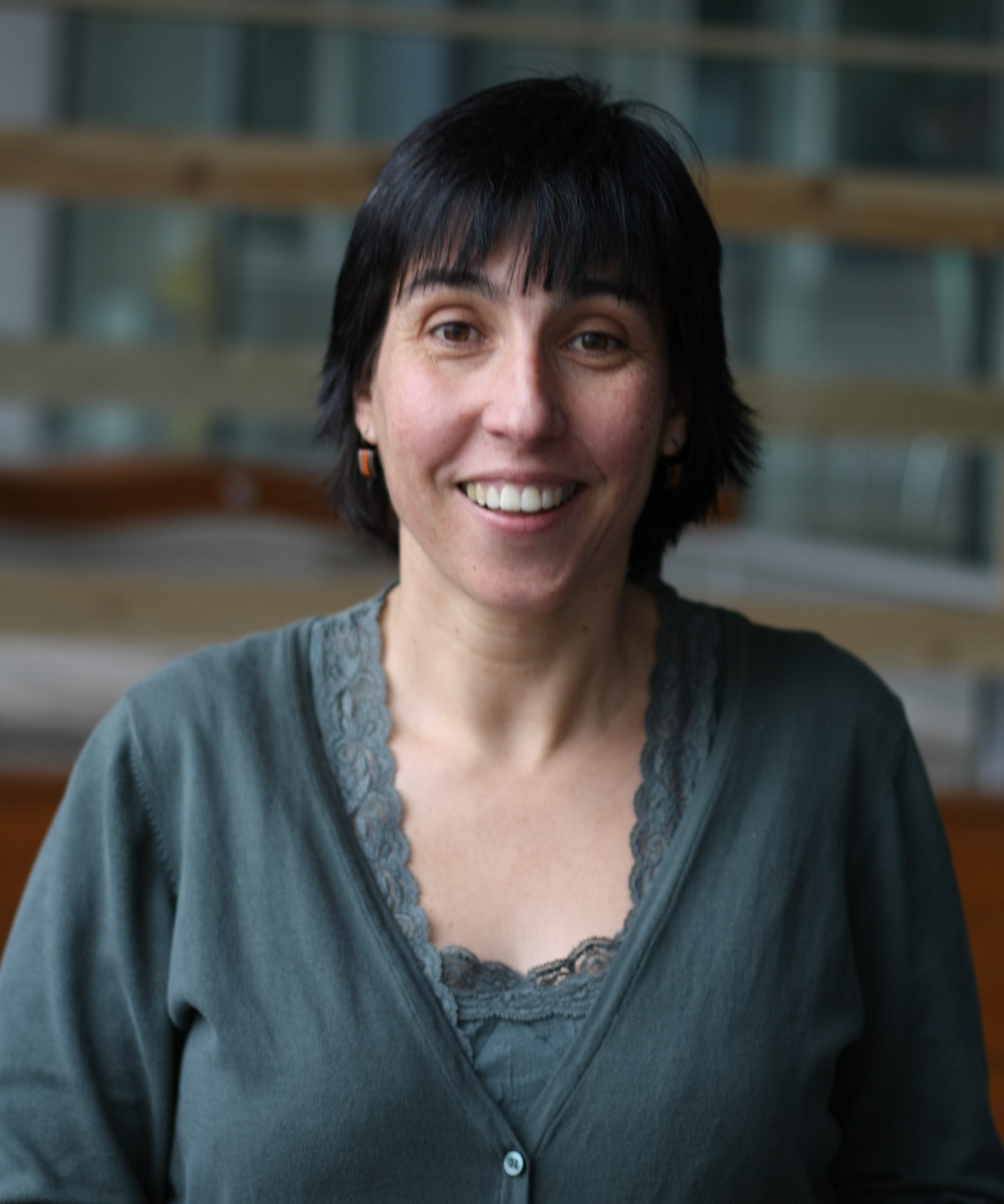
Rosa Barciela
Met Office (U.K.)
Prof. Rosa Barciela is currently Principal Consultant and strategic head of health science integration at the UK Met Office. She is also the science lead of the Weather and Climate Science for Services Programme UK-South Africa (Met Office) and a professor at the University of Exeter Medical School and the European Centre for Environment and Human Health)
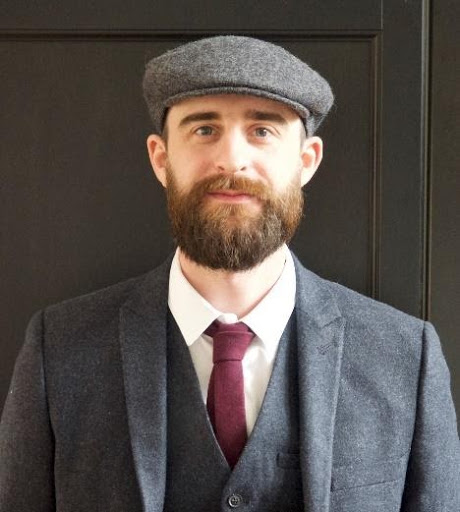
Ross Thompson
UK Health Security Agency
Ross is a scientist within the Extreme Events and Health Protection team at the UK Health Security Agency, since 2016. In this time Ross has developed his reputation within the arena of heat and health and has extensive experience in the operational aspects of heat health action plans and their associated early warning systems. Ross is currently working with UK Met Office colleagues on assessing the English Heat Health Warning Aystem currently in place, and so is well placed to deliver this Masterclass on setting operational thresholds for action.

Roxy Mathew Koll
Indian Institute of Tropical Meteorology
Roxy Mathew Koll is a Climate Scientist at the Indian Institute of Tropical Meteorology under the Ministry of Earth Sciences. He leads research and development on health early warning systems and future health projections for South Asia. He has made breakthrough contributions to the research, monitoring, and modeling of climate and extreme weather events over the Indo-Pacific region. His work has advanced the scientific understanding of monsoon floods and droughts, terrestrial and marine heatwaves, and cyclones, thereby enhancing the food, water, and economic security of the region. Dr. Koll is a Lead Author of the IPCC Reports and the former Chair of the Indian Ocean Region Panel. He actively collaborates with citizen science networks, local governments, and media to bring science to society.
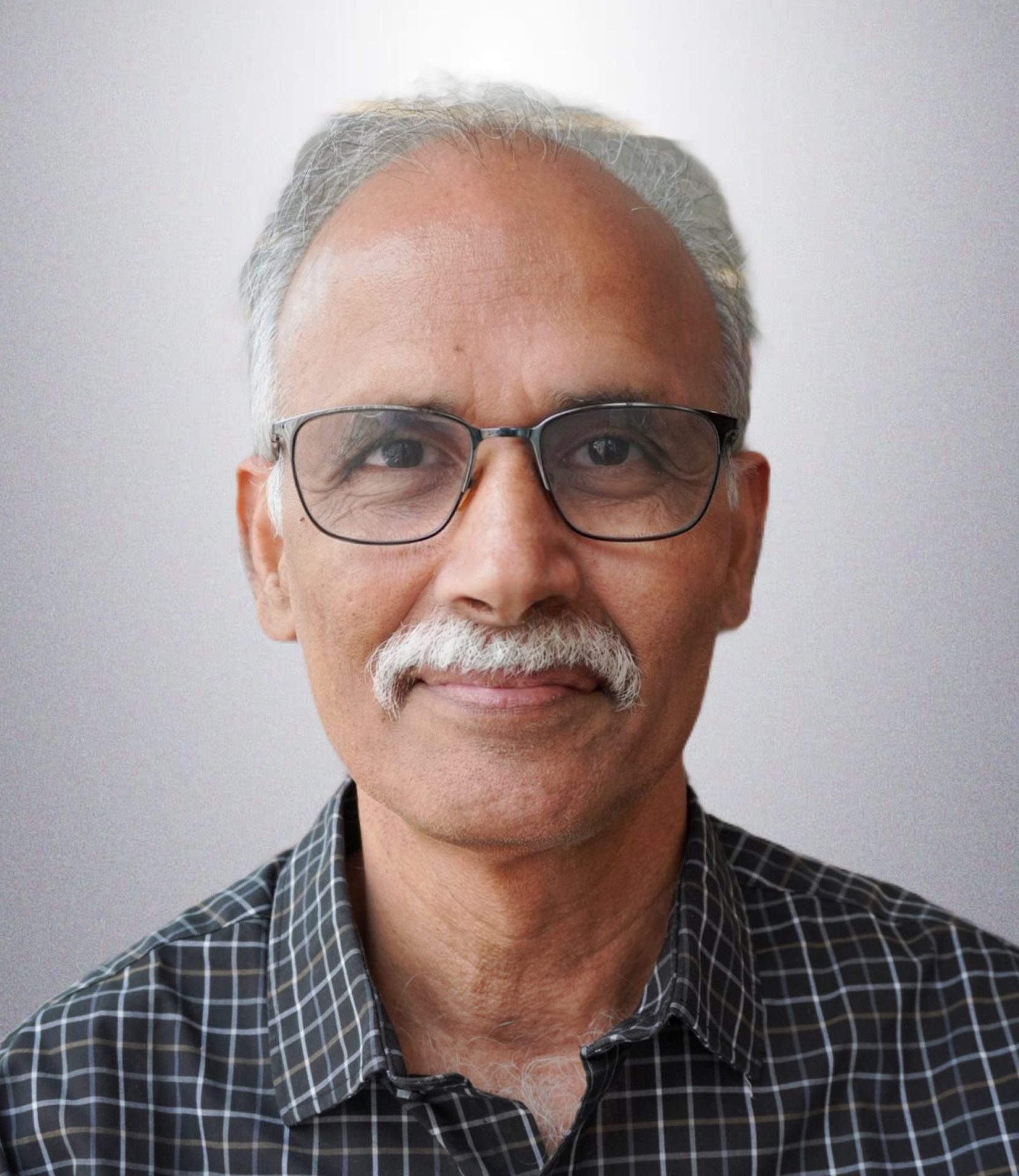
Rupa Kumar Kolli
Indian Institute of Tropical Meteorology (IITM)
Rupa Kumar Kolli is an Honorary Scientist the International Monsoons Project Office (IMPO), at the Indian Institute of Tropical Meteorology (IITM), Pune, India. Rupa Kumar is also currently serving as Vice-Chair of World Meteorological Organization (WMO) Standing Committee on Climate Services and President of Indian Meteorological Society. Earlier, Rupa Kumar had served as the Executive Director of IMPO (2019-21) and Chief of World Climate Applications and Services Division at WMO Secretariat (2006-19), Geneva, Switzerland. While at WMO, he supported activities enhancing national capacities, coordinating regional and global networks of climate service providers, user liaison in climate-sensitive sectors, and research-operations linkages. He co-authored a book on “Climates of South Asia” published by John Wiley in 1997, published several research papers on climate prediction, climate change and climate services. He had contributed as one of the Lead Authors on regional climate projections for the Fourth Assessment Report (AR4) of the Intergovernmental Panel on Climate Change (IPCC) released in 2007. Rupa Kumar received his Ph.D. (1981) and M.Sc. (1976) degrees in Meteorology from Andhra University, Visakhapatnam, India.
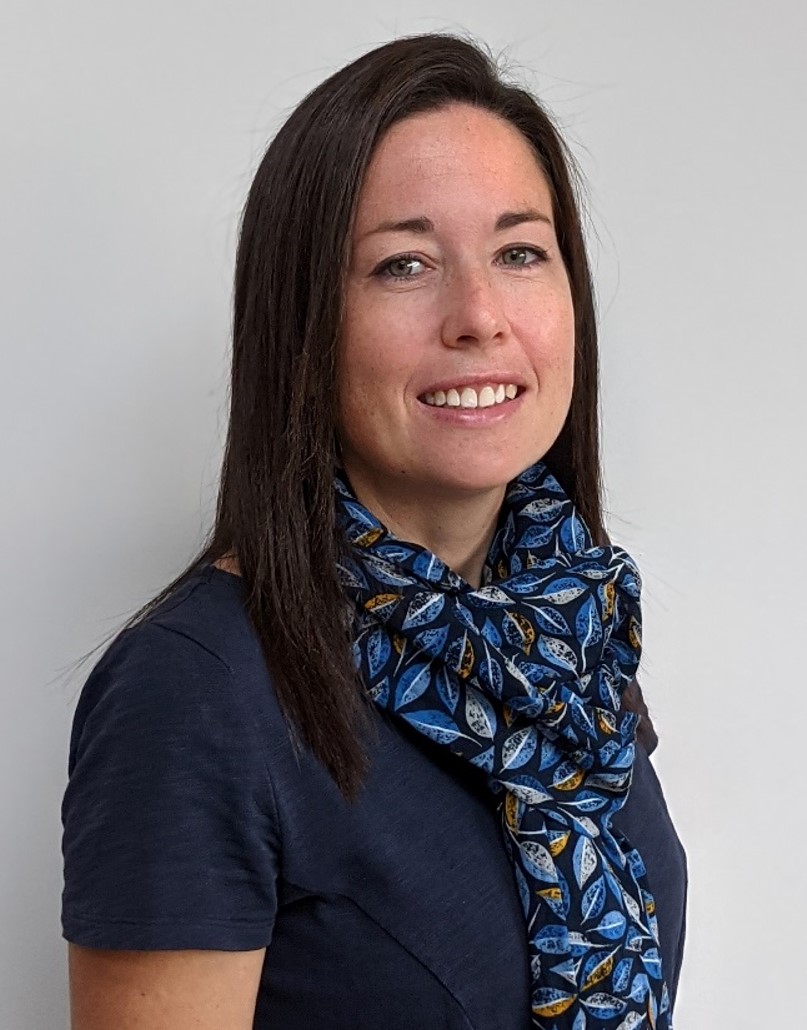
Saffron O’Neill
University of Exeter
Saffron O’Neill is Associate Professor in Geography, University of Exeter, UK. Her research focuses on climate change communication and public engagement, with a specialism in visual climate communication. She has held both Leverhulme Trust and ESRC Fellowships on this topic. She supervises an inter- and transdisciplinary group of PhD students working on climate communication and public engagement with climate change. She is Co-Director of the ESRC’s Advancing Capacity for Climate and Environment Social Science (ACCESS) programme. ACCESS aims to foster new ideas and solutions based on social science evidence, data and expertise to support policy and decision makers across the UK on net zero and other sustainability goals.
Saffron is particularly interested in the role of the media sector in visually communicating heatwave risk. Her lead-authored paper ‘Visual portrayals of fun in the sun misrepresent heatwave risks in European newspapers’ showed that these ‘fun in the sun’ pictures were common across European newspapers: they downplayed the risk of heatwaves, and excluded both the experiences of the most vulnerable, as well as excluding opportunities to visualise how we might adapt to extreme heat. With colleagues in computational social science and in journalism, she is working to understand how heatwave risk is visually represented across the world; and what opportunities and barriers exist to changing media practice. She is working with a diversity of media stakeholders to support moves towards a more responsible and equitable visual reporting of heat risk.
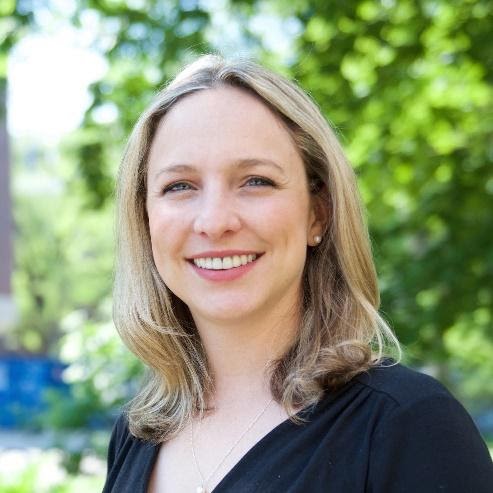
Sara Meerow
Arizona State University
Sara Meerow is an assistant professor in the School of Geographical Sciences and Urban Planning at Arizona State University. She is an interdisciplinary social-ecological systems scientist working at the intersection of urban geography and planning. Her research tackles the challenge of how to make cities more resilient in the face of climate change and other social and environmental hazards. She combines more conceptual studies of urban resilience with empirical research on the complexities of urban resilience, green infrastructure, and climate change adaptation planning in a range of cities.

Sarah Henderson
BC Centre for Disease Control
Sarah Henderson is the Scientific Director of Environmental Health Services at the BC Centre for Disease Control (BCCDC), and the Canadian National Collaborating Centre for Environmental Health (NCCEH). She is also an associate professor in the UBC School of Population & Public Health. Sarah holds a BASc in environmental engineering (2000) and a PhD in environmental epidemiology (2009). She did her post-doctoral training in Tasmania, Australia and has been with the BCCDC since 2010.
Sarah oversees a program of applied environmental health research, surveillance, and knowledge translation to support evidence-based policy and practice in BC and across Canada. Her work spans a wide range of topics, including air pollution from all provincially relevant sources (wildfire smoke, residential woodsmoke, industry, road dust, shipping, and vehicles), extreme weather events, radon gas, food safety, water quality, and exposures managed by the Drug and Poison Information Centre (DPIC). All of her research is integrated by core competencies in data science, biostatistics, stakeholder engagement, knowledge translation, and mentorship.

Sari Kovats
London School of Hygiene and Tropical Medicine
Sari Kovats is an Associate Professor in the Faculty of Public Health and Policy at the London School of Hygiene and Tropical Medicine, and she is a Fellow of the UK Faculty of Public Health. She has a PHD in environmental epidemiology and led several research projects on the effects of heat on maternal and child health, and climate change risk assessment. Sari has contributed to national and international assessments of the health impacts of climate change. With a career spanning over two decades, she is recognized for her contributions to understanding how climate variability and change affect population health and the implications for health inequalities.

Shawn Donaldson
Carleton University, Health Canada
Dr. Shawn Donaldson is the manager of the Heat Division in the Climate Change and Innovation Bureau at Health Canada and an adjunct research professor at Carleton University. He is current leading a number of climate change and health initiatives including, programs that are focused on protecting Canadians from extreme heat events (e.g., Heat Alert Response Systems), health promotion and outreach and heat health science. In the past, he has played a leadership role on human health aspects of Canada’s Northern Contaminants Program (NCP) and been the co-chair international Arctic Monitoring and Assessment Program (AMAP) health expert committee. Dr. Donaldson has been the lead editor and co-author on previous AMAP and NCP human health assessments. He is actively involved in publishing, conducting research, scientific peer reviews of research proposals and journal articles, the supervision/co-supervision of students, and giving guest lectures.
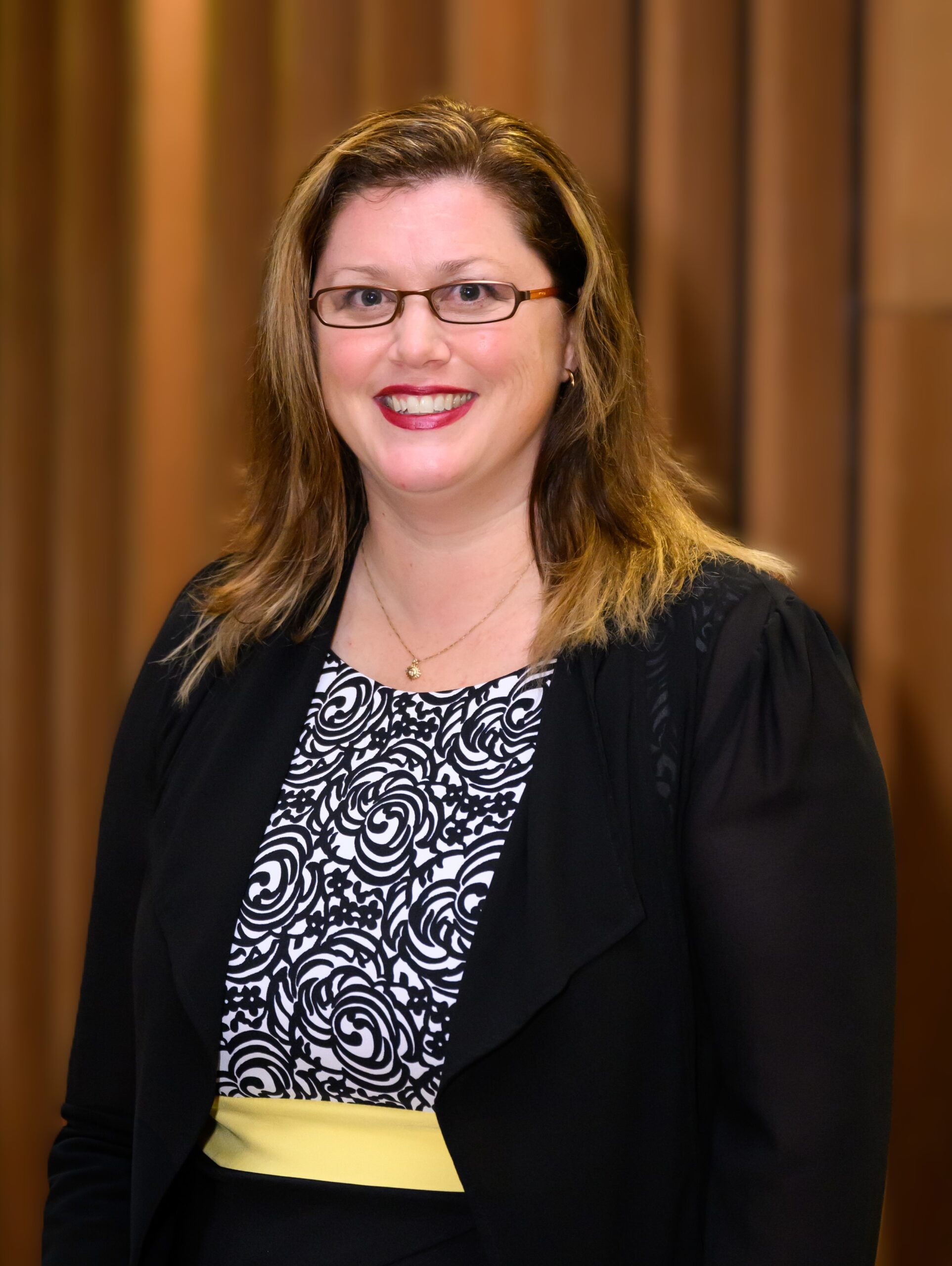
Shawnda Morrison
Faculty of Sport, University of Ljubljana
Dr. Shawnda Morrison (PhD, CSEP-CEP) is a clinical exercise physiologist specialising in extreme environments. Her research interests include thermoregulation, countermeasures to exertional heat strain and paediatric exercise science. She received a Postdoctoral Fellowship from the Canadian Space Agency at the University of Waterloo to lead a series of bedrest studies on location in Toulouse, France, and later, with the European Space Agency at Jozef Stefan Institute in Planica, Slovenia which investigated the deleterious effects of physical inactivity and confinement. Aside from her ongoing, collaborative efforts with the SLOfit team at the University of Ljubljana, Faculty of Sport, she recently completed a two-year research stay at the National University of Singapore as Technical Lead for the project ‘Cooling Singapore 2.0’, an interdisciplinary initiative investigating how physical activity in hot, humid conditions impacts vulnerable populations like children and older adults. Her studies on the neuromuscular demands of passive heat stress and cardiovascular strain have led her to advocate for greater public health engagement on harnessing physical activity as a climate change countermeasure, especially in the paediatric population.
Dr. Morrison is Principal Investigator or member representative for the Republic of Slovenia on several international initiatives aimed to get kids moving, including: WHO-HEPA Europe, Outdoor Play Canada, the FitBack Network, SLOfit, and the Global Youth Fitness Forum. She is Founder of Active Healthy Kids Slovenia, and Executive Board member of the Active Healthy Kids Global Alliance, a non-profit organisation comprising over 700 child physical activity experts, working to achieve its vision of a world of active, healthy kids.
websites: SLOfit | FitBack | Active Healthy Kids Global Alliance

Shubhayu Saha
US Centers for Disease Control and Prevention (CDC)
Shubhayu Saha is a health scientist with the Climate and Health program at the Centers for Disease Control and Prevention (CDC), USA. He has a broad training in Economics, Epidemiology and Public Policy, and wide-ranging skills in statistical and spatial analysis of big data. Part of his research involves spatiotemporally linking environmental exposures (like heat, precipitation, pollen) with health outcomes to assess the health burden associated with these exposures. He has built partnerships with national (NOAA, IITM in India) and international (WMO) meteorological institutions to produce climate services that inform decision-making in public health preparedness and response.
Shubhayu has authored multiple chapters on public health impacts for the last three United States National Climate Assessments. Before joining CDC, he worked on understanding human development and sustainable interaction with the environment. For his Ph.D. in Environmental Economics, he explored how land use change linked to deforestation and iron ore mining impacted wellbeing of communities in India and Brazil. This work was supported through grants from the National Science Foundation and the World Bank.
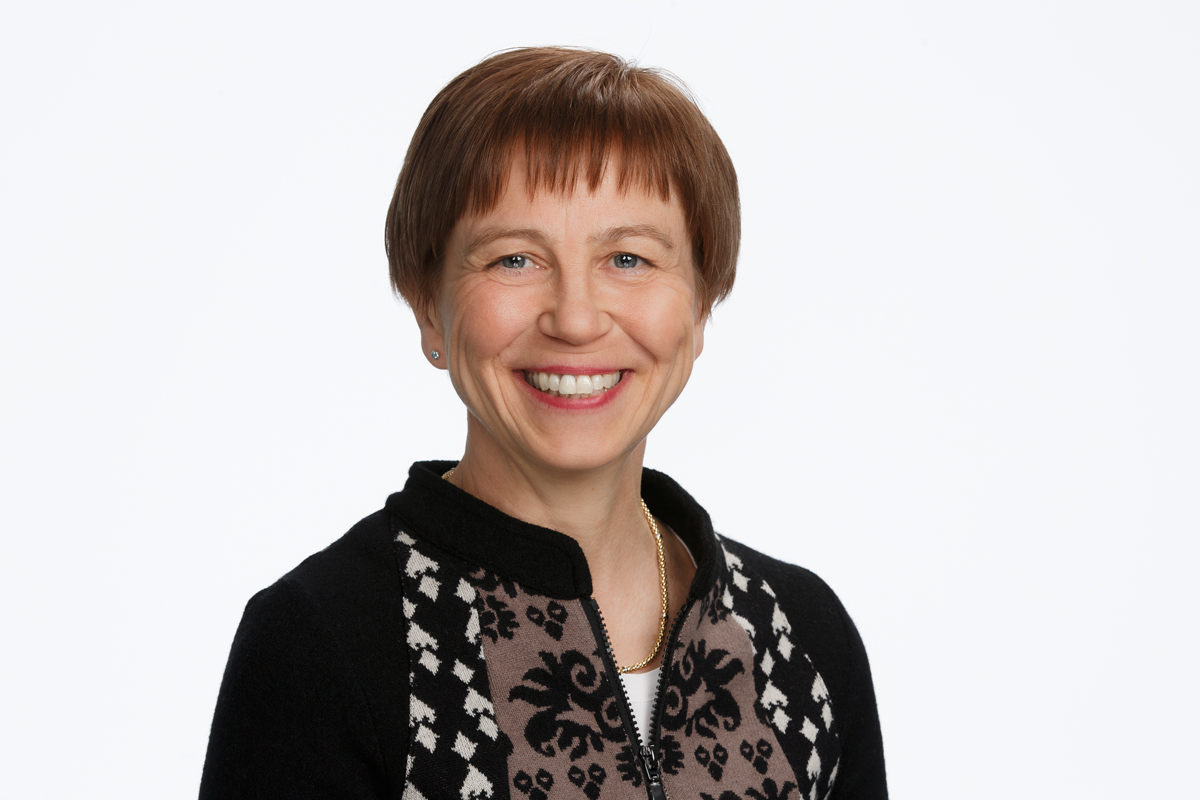
Sirkka Rissanen
Finnish Institute of Occupational Health
Sirkka Rissanen is a Senior Research Scientist, PhD, at the Finnish Institute of Occupational Health in Oulu and an Adjunct Professor of Work and Thermal Physiology in the University of Oulu, Finland. She has a 30-year experience on the applied research of human physiological responses and physical performance in the hot working conditions. Special interest is related to heat strain and protective clothing of firefighters and to assessment of heat strain in hot working conditions at laundries and hospitals. Moreover, experiences of assessment of physiological requirements and performance tests for wearable electronics/smart clothes.
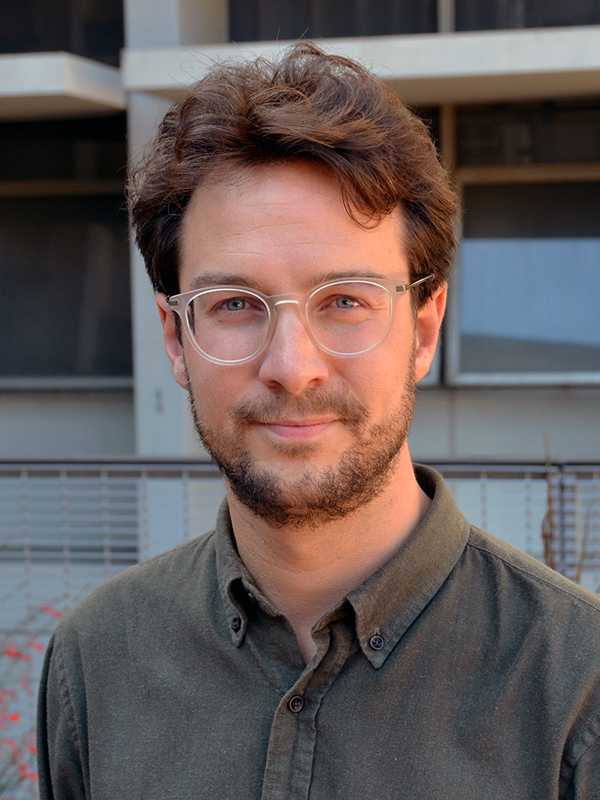
Stefano Schiavon
UC Berkeley
Stefano Schiavon, PhD, is a Professor of Architecture and Civil and Environmental Engineering at UC Berkeley and Associate Director of CEDR. Stefano’s research is focused on finding ways to reduce energy consumption in buildings while improving occupant health, well-being and productivity. Stefano has researched sustainable architecture, air conditioning and satisfaction. He has experience in laboratory measurements, post-occupancy evaluation, and building performance simulation. Stefano is involved in the Center for the Built Environment and the SinBerBEST project. He earned a PhD in Energy Engineering (2008) and an MS in Mechanical Engineering (2005) with honors from the University of Padova, Italy. He received the 2010 REHVA Young Scientist Award and 2013 ASHRAE Ralph Nevins Physiology and Human Environment Award. He won 3 best papers awards in 2018 from the Journal Building and Environment.

Stephan Böse-O’Reilly
Ludwig Maximilians University
Stephan Böse-O’Reilly (M.D., MPH) leads the “Global Environmental Health” unit at the Institute of Occupational, Social and Environmental Medicine, Ludwig Maximilians University, Munich. As a paediatrician his focus is children’s environmental health. As an assistant professor for public and environmental health his focus is on mercury and lead in artisanal mining; and climate change and health care – adaptation strategies.

Swathi Manchikanti
UNICEF
Swathi Manchikanti (she/her) is a climate and health expert experienced in informing policy and programme implementation in low-and-middle income countries. Currently she supports UNICEF in working with governments globally to identify and address the most pressing climate and environmental hazards, such as extreme heat, affecting child health and wellbeing globally. She has over a decade of experience in working on climate-informed water, sanitation and health programmes and has directly supported implementing interventions improving community resilience in the Middle East, southern Africa, and South Asia. Over the course of her work, she has passionately advocated for greater investment in climate adaptation, particularly for the most vulnerable communities facing the largest risks. Recently, she has been the lead author of UNICEF’s technical notes on protecting children from heat stress and wildfire smoke. These documents function as syntheses of the latest evidence on associated child-specific health outcomes and global recommendations for caregivers, health providers, and policy makers seeking to provide children a safe and healthy environment.
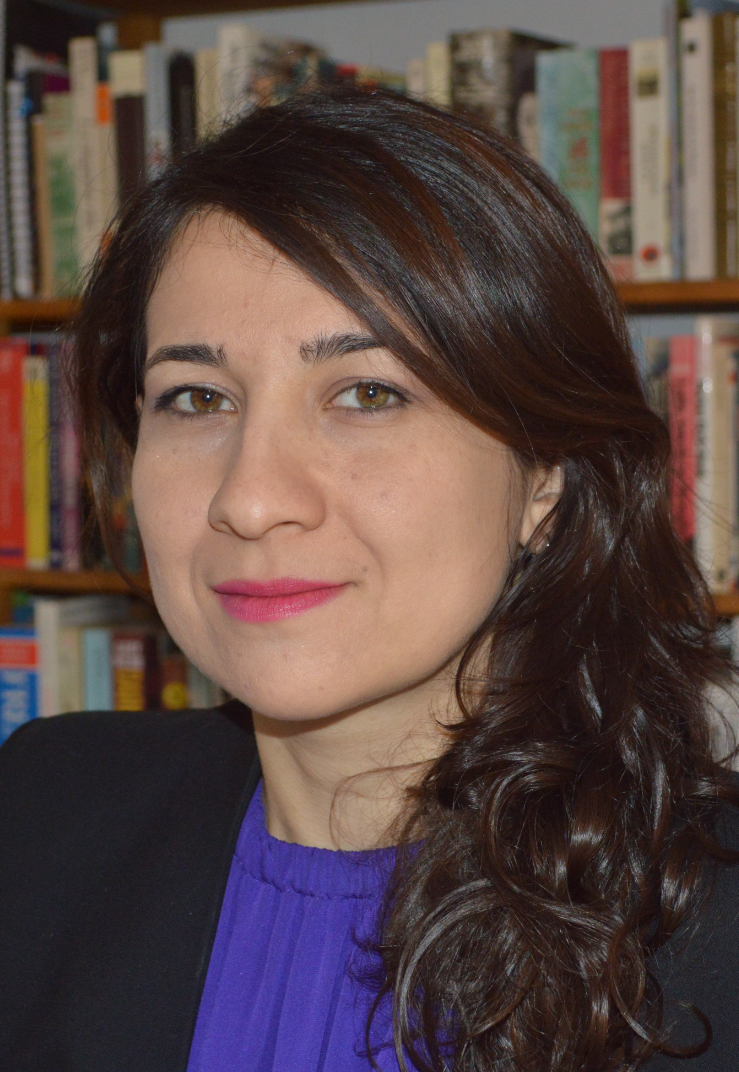
Tahmina Karimova
International Labour Organization (ILO)
Tahmina Karimova is a lawyer specialised in public international law, sustainable development, labour law and human rights law. She joined the research department in 2017; prior to that, she was the ILO National Coordinator for Tajikistan and a Project Coordinator for the ILO IPEC in Central Asia. From 2014 to 2017, Tahmina worked as a Human Rights Officer in the Office of the High Commissioner for Human Rights. She holds a PhD in International Law from the University of Geneva (Switzerland) and the Graduate Institute of International and Development Studies.

Tom Phillips
Healthy Building Research
Tom Phillips is an environmental health researcher based in Davis, California. He has focused on climate resilience, adaptation, and mitigation in buildings and communities since 2012. Current projects include assessing and preventing overheating of buildings under current and future climates, heat waves, and power outages.

Tord Kjellstrom
Health and Environment International Trust
Tord Kjellstrom has academic degrees in Engineering (MMEng) and Medicine (PhD) and more than 50 years’ experience as a teacher, researcher and policy advocate in environmental and occupational health. He is currently Director of the research consultancy Health and Environment International Trust in Nelson, New Zealand, and has been Professor of Environmental and Occupational Health at several universities and agencies in New Zealand, Australia and Sweden. He has conducted epidemiological field studies and population level analysis of key health hazards, including poisoning by cadmium, lead and mercury, as well as urban air pollution, traffic crash injuries, occupational asbestos cancer, and in the last 20 years on climate change impacts on occupational health and well-being. From 1985 – 1997 he was environmental epidemiologist at the World Health Organization (WHO) in Geneva and was promoted in 1993 to Director of Global and Integrated Environmental Health with responsibility for the first detailed international report on the public health effects of climate change. His current focus is on the effects of exposure to heat due to climate change with respect to occupational health and labour productivity. He has published 400+ journal papers and technical reports of which appr. 120 concern climate change, heat and health. His team has developed the website ClimateCHIP.org presenting heat data and impact estimates in 67420 spatial grid cells (0.5 x 0.5 degrees) over all land areas on the planet.
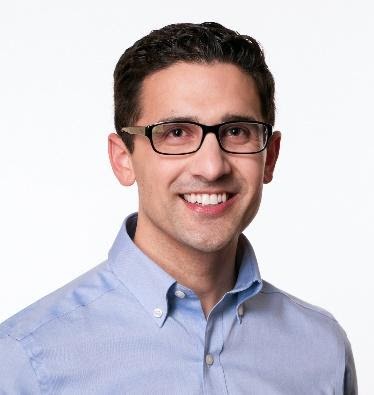
Vijay Limaye
Natural Resources Defense Council
Vijay Limaye is a climate and health scientist at the Natural Resources Defense Council. He is interested in addressing international environmental health challenges—quantifying, communicating, and mitigating the risks associated with climate change—with a focus on the public health burden of air pollution and extreme heat events. Dr. Limaye is a former U.S. Environmental Protection Agency scientist. He speaks Spanish and Hindi and has conducted interdisciplinary research quantifying the health impacts of climate change-triggered air pollution and heat waves for populations in the U.S. and India. He holds a bachelor’s degree from the University of California, Berkeley and a Ph.D. in environmental epidemiology from the University of Wisconsin, Madison.
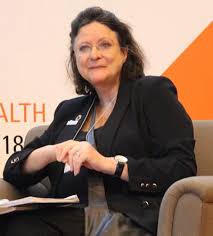
Virginia Murray
UK Health Security Agency
Virginia is currently Head of Global Disaster Risk Reduction at the UK Health Security Agency. Prior to this she has been a Coordinating Lead Author for the Intergovernmental Panel on Climate Change Special Report on Managing the Risks of Extreme Events and Disasters to Advance Climate Change Adaptation, published in March 2012. From 2011 to 2014, she was Head of Extreme Events and Health Protection which since April 1 2013 this was transferred to Public Health England) where she worked on evidence-based information and advice on flooding, heat, cold, volcanic ash, and other extreme weather and natural hazards events. She has been a member and vice-chair of the UN International Strategy for Disaster Reduction (ISDR) Scientific and Technical Advisory Group from 2008-2017 and has been actively engaged with many science and technology partners to support the UN member states in their agreement of the Sendia Framework for Disaster Risk Reduction 2015-2030 and now is engaged in facilitating its implementation.
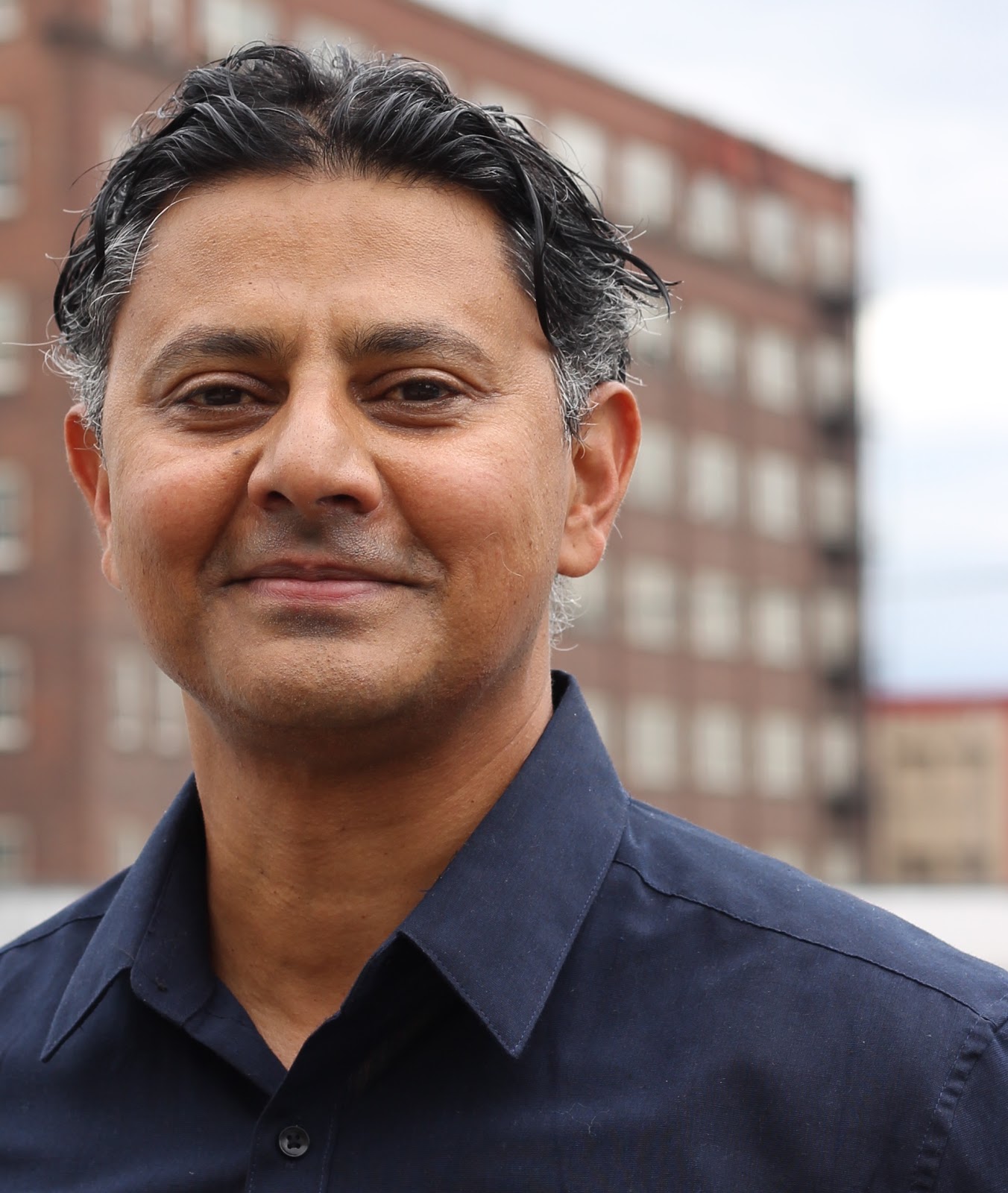
Vivek Shandas
CAPA Strategies
Dr. Vivek Shandas specializes in developing strategies for addressing the implications of climate change on cities. His teaching and research examine the intersection of exposure to climate-induced events, governance processes, and planning mechanisms. As an interdisciplinary scholar, Dr. Shandas studies the emergent characteristics that generate vulnerability among communities and infrastructure. Theoretically, he views cities as grand experiments that are socially constructed, and can vary in their capacities to adapt to changing social and ecological conditions. Empirically, Dr. Shandas examines the human and planetary forces that facilitate (or inhibit) collective response. As such the broad aims of his teaching and research are to identify threats to planetary habitation, and shape landscapes to improve urban environmental quality.

Werner Hagens
Dutch National Institute of Public Health and the Environment (RIVM)
Werner Hagens (PhD) is an environmental health advisor at the Dutch National Institute of Public Health and the Environment (RIVM) and is responsible for the Dutch Heatwave plan.

Will Lang
UK Met Office
Will leads the Met Office’s National Severe Weather Warning Service and its team of Civil Contingencies Advisors which supports government and civil protection in the UK . He led the development of the Met Office’s Extreme Heat Warnings in 2021, working closely with health experts from UKHSA to inform the UK government’s procedures around extreme heat. He has been closely involved in WMO activities and guidance around Impact Based Forecasting and Warning.

Yolanda Clewlow
United Kingdom Met Office
Yolanda Clewlow is the United Kingdom Met Office’s strategic lead for all health-related research and services. Working in partnership with key organizations nationally and internationally to ensure the U.K. Met Office plays a world leading role in health, weather and climate science to deliver science with impact. Helping to save lives and livelihoods and protect critical infrastructure, contributing to a more resilient nation.
of 4